The new Porsche Cayenne 
has been revealed, with the firm saying that it has taken a "no compromise" approach to the SUV.
The third generation Cayenne, on display in Frankfurt, has been thoroughly revamped and re-engineered despite only receiving a mild exterior design revamp. It has a lighter and more contemporary platform, an aluminium body structure, a 48V electrical system and a redesigned interior with added connectivity options.
“The new Cayenne is a Porsche by all means and with no compromises,” said Porsche CEO Oliver Blume, speaking at the Cayenne’s launch. “Never before has it borrowed so much from the 911.”
The third-generation Cayenne will make its public debut at the Frankfurt motor show in September, with UK deliveries starting next April. It will face a long list of luxury rivals, including the Audi Q7, BMW X5, Jaguar F-Pace, Mercedes-Benz GLE and Range Rover Sport.
The 2018-model-year Cayenne will initially have 
a two-variant line-up, the Cayenne and Cayenne S. Both run newly developed V6 petrol engines in combination with a new eight-speed automatic gearbox and four-wheel drive that has five driving modes to suit the terrain: On-Road, Mud, Gravel, Sand and Rocks.
Autocar has already driven a prototype of the 2018 Cayenne. Read our exclusive review here.
The Cayenne runs the same turbocharged 3.0-litre V6 as the new Porsche Panamera. With 335bhp and 332lb ft, it delivers 40bhp and 37lb ft more than the previous Cayenne’s naturally aspirated 3.6-litre V6. The new price-leading model covers 0-62mph in 6.2sec (5.9sec with an optional Sport Chrono Package) and has a 152mph top speed. That’s 1.4sec quicker and 9mph more than the old model.
The Cayenne S receives a more powerful 2.9-litre turbo V6. With 434bhp and 405lb ft, it packs 20bhp and the same torque as the naturally aspirated 3.6-litre V6 engine it replaces. Porsche claims 0-62mph in 5.2sec (4.9sec with the Sport Chrono Package) and a top speed of 165mph, improvements of 0.3sec and 4mph over the outgoing Cayenne S.
Further models are due to reach showrooms by the end of next year. They include a pair of plug-in hybrids running the same petrol-electric driveline combinations introduced to the 455bhp Panamera E-Hybrid and 666bhp Panamera Turbo S E-Hybrid. There will also be a range-topping Cayenne Turbo sporting a twin-turbo 4.0-litre V8 with more than 540bhp.
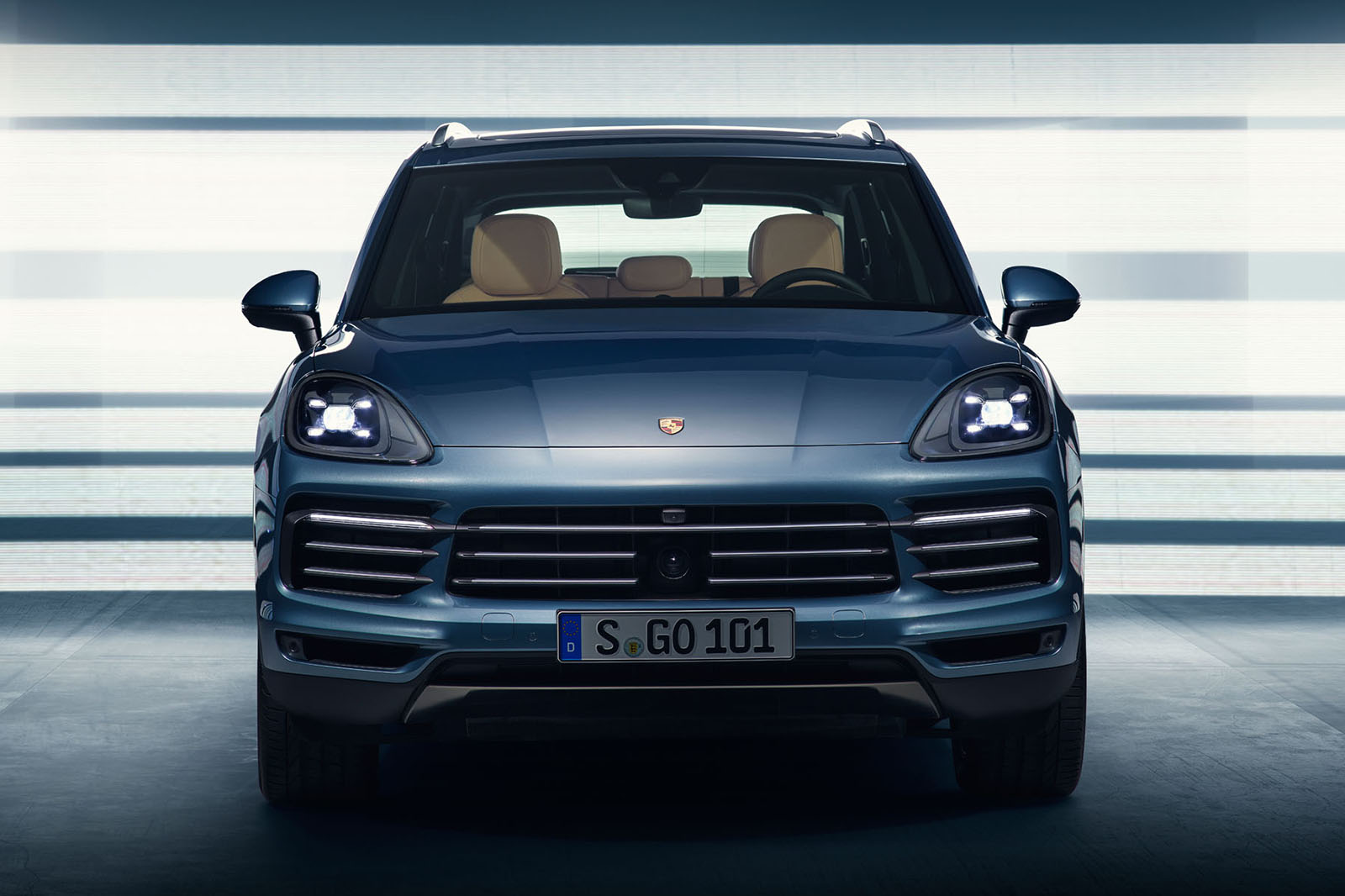

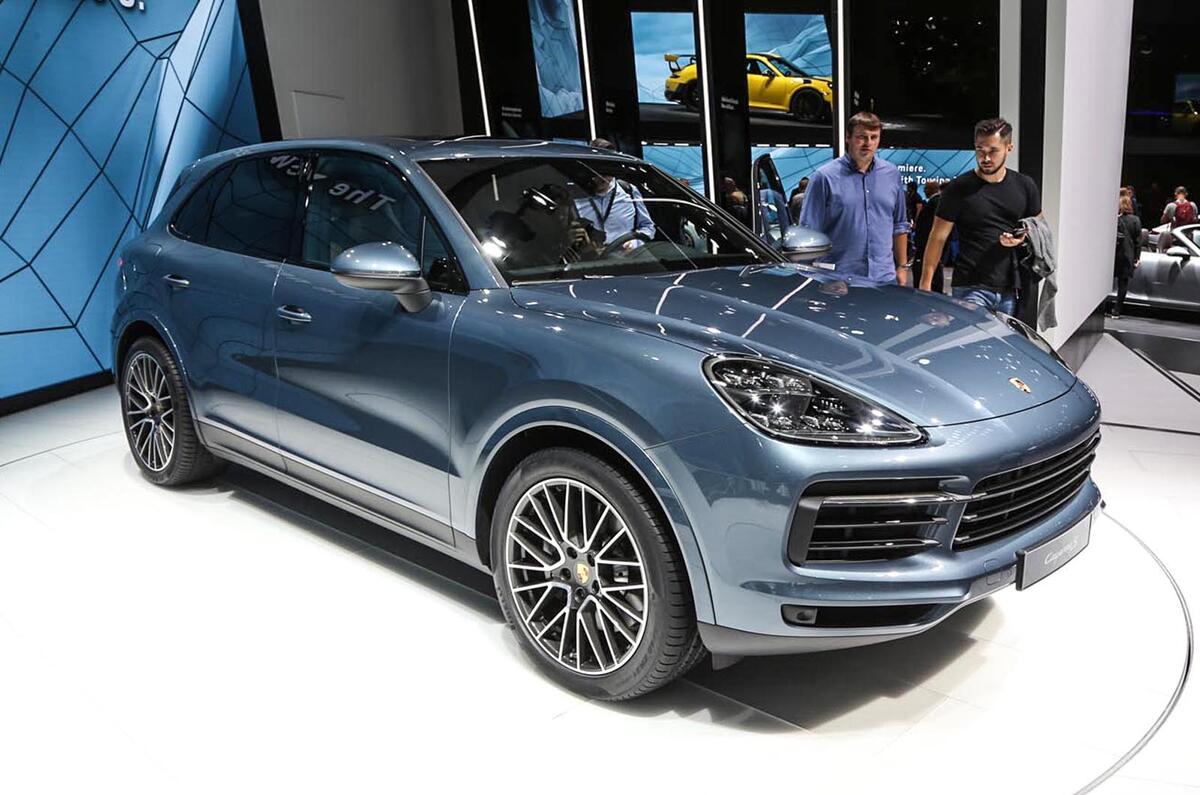
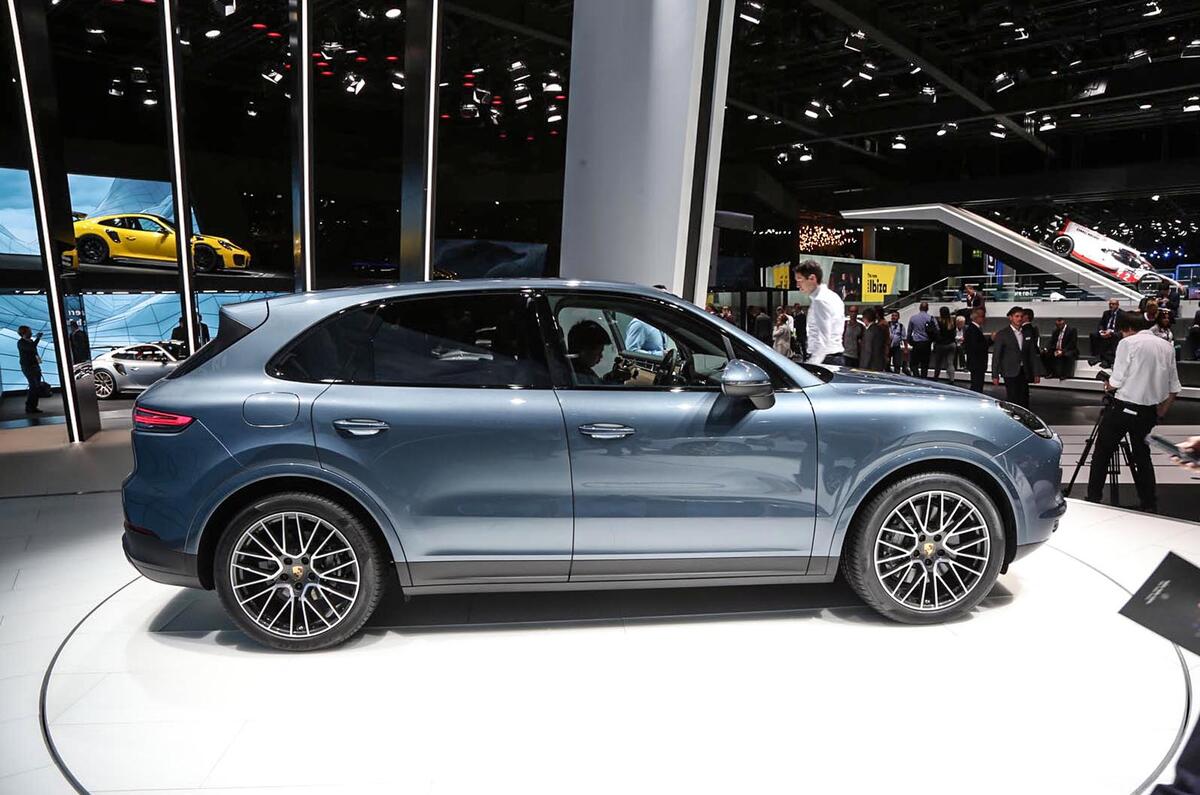
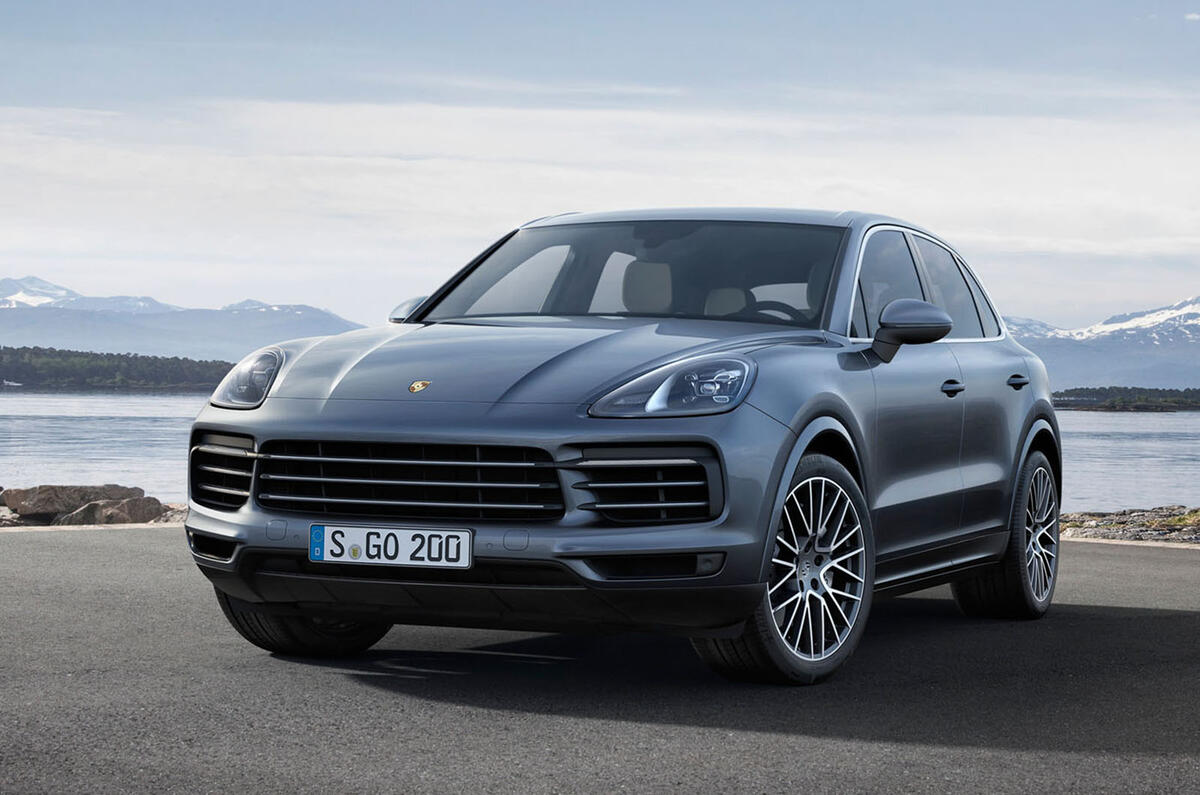
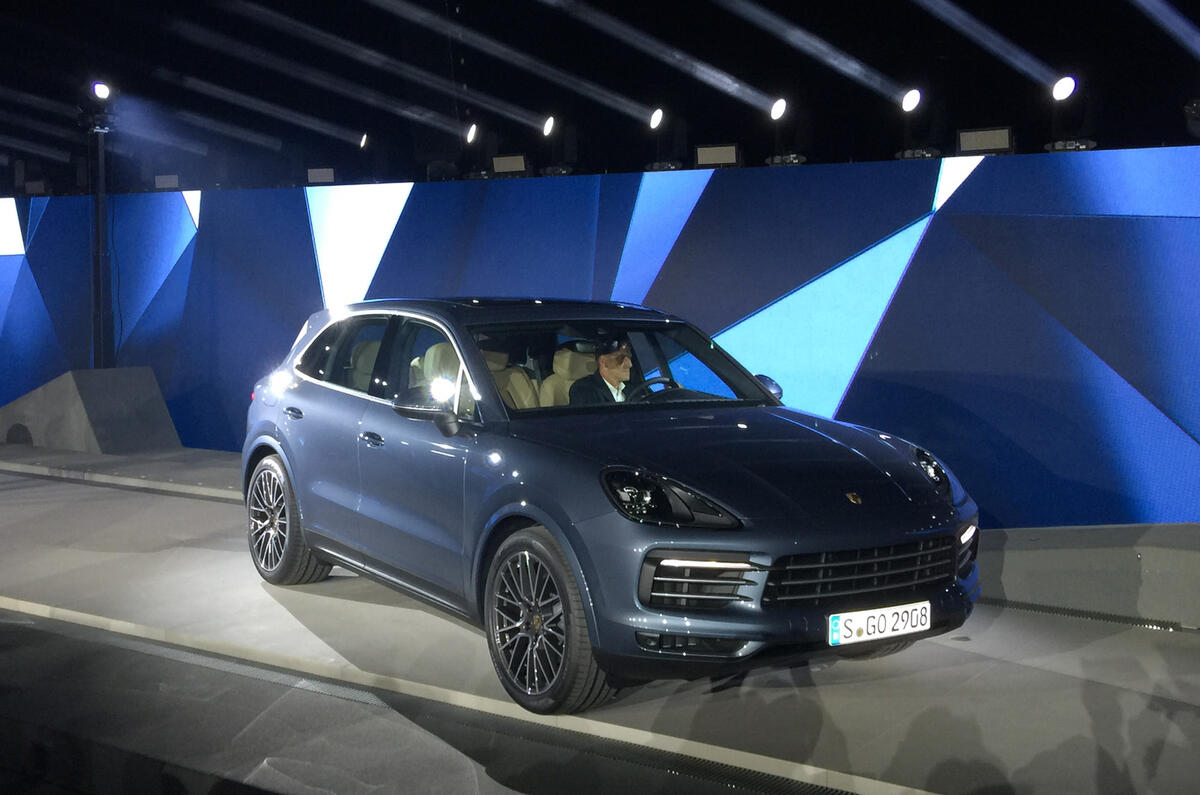
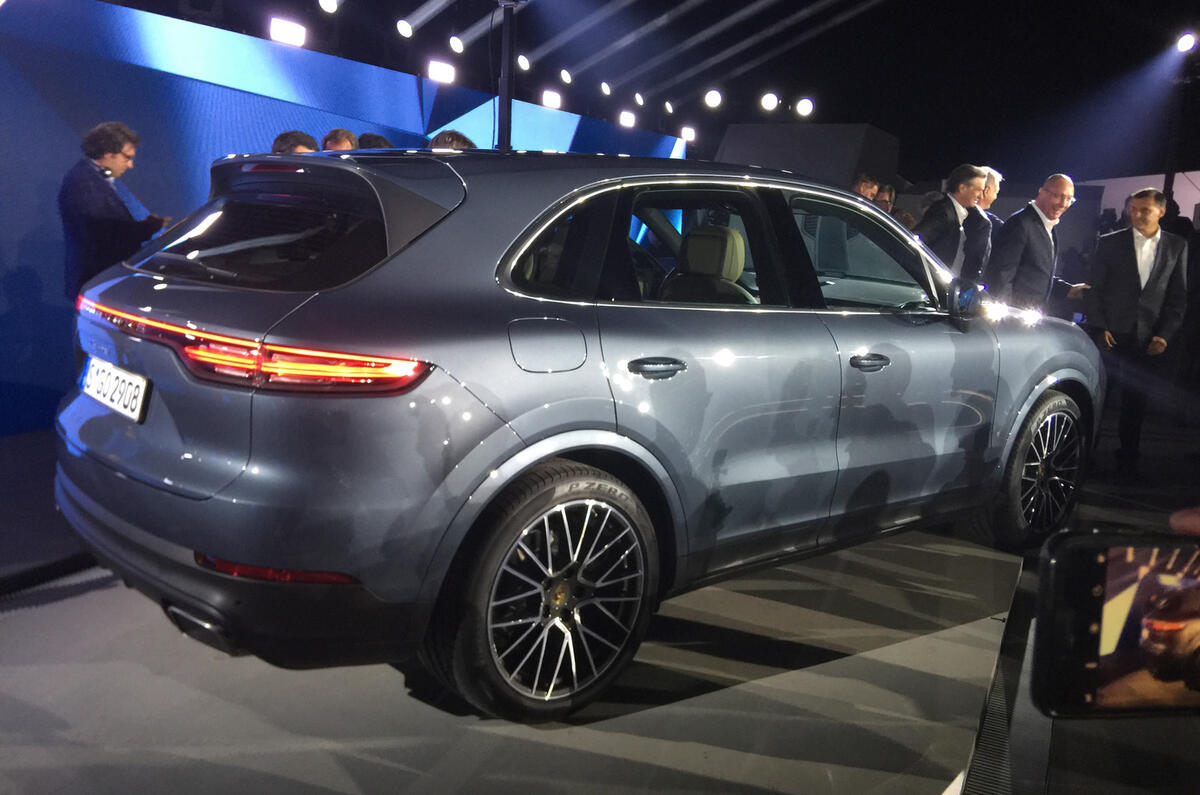
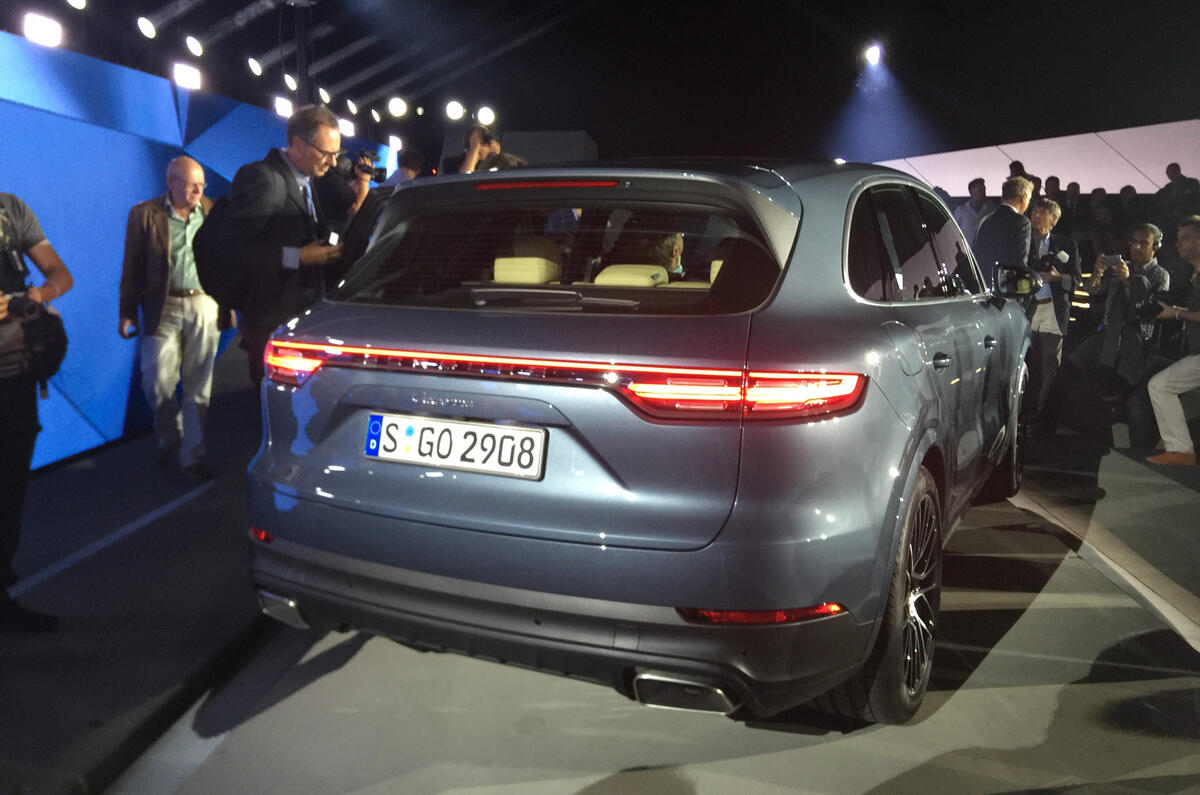
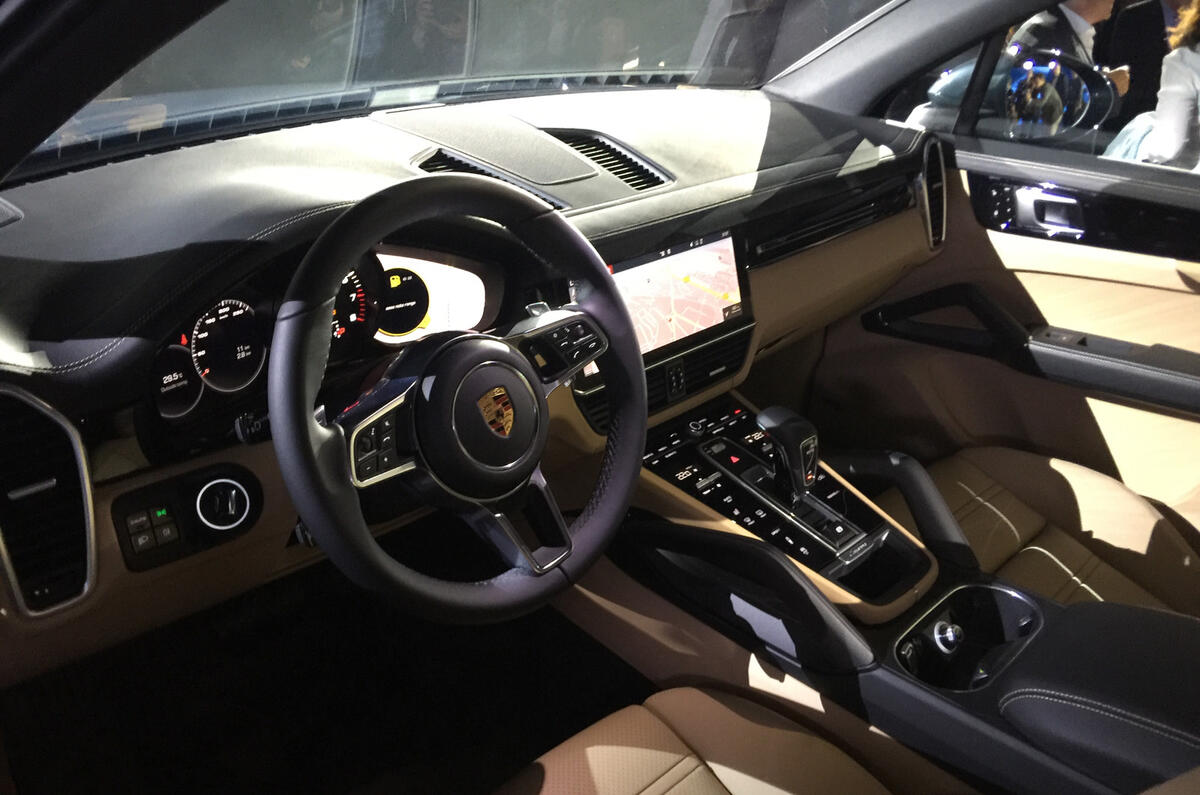
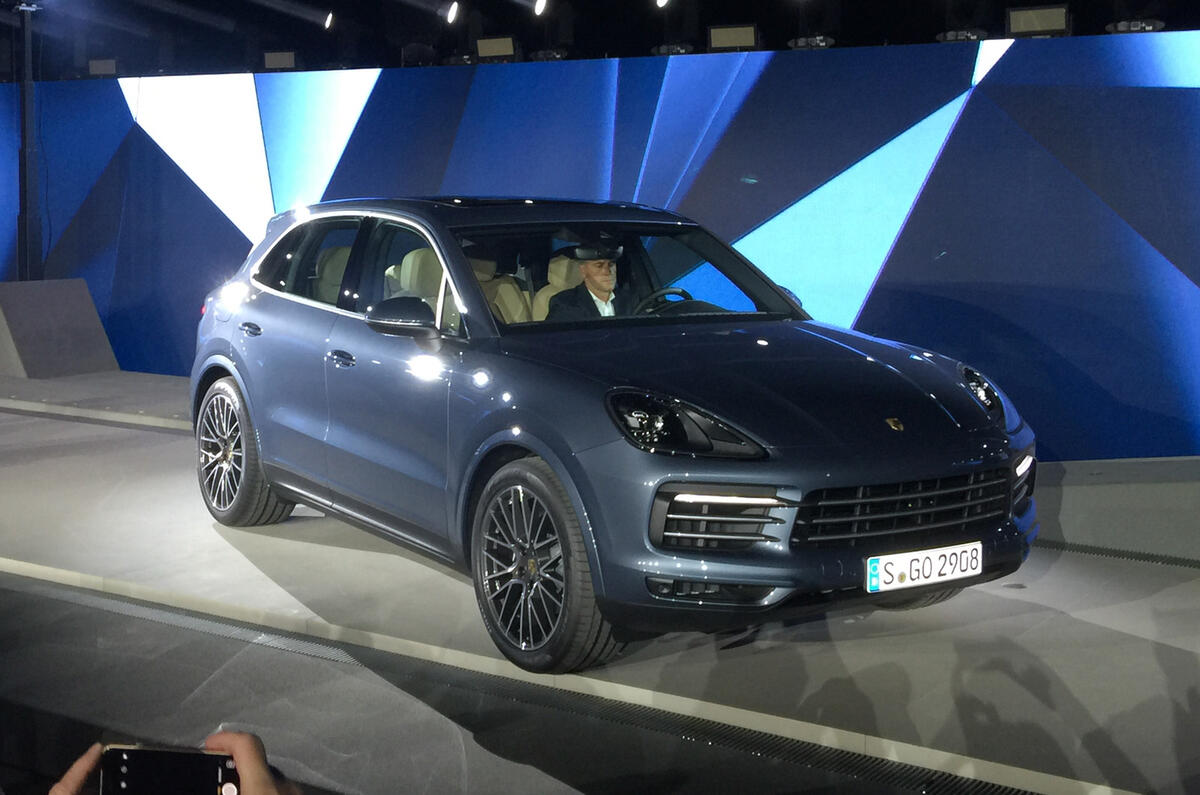
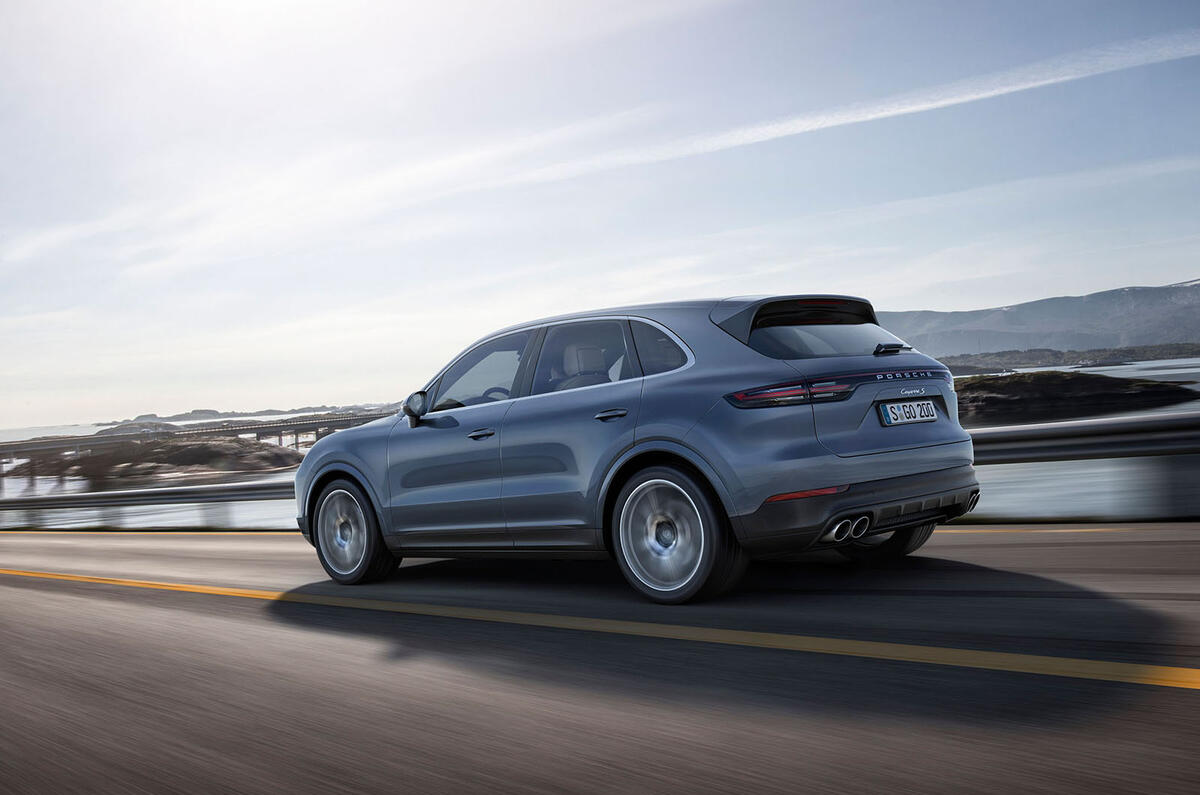
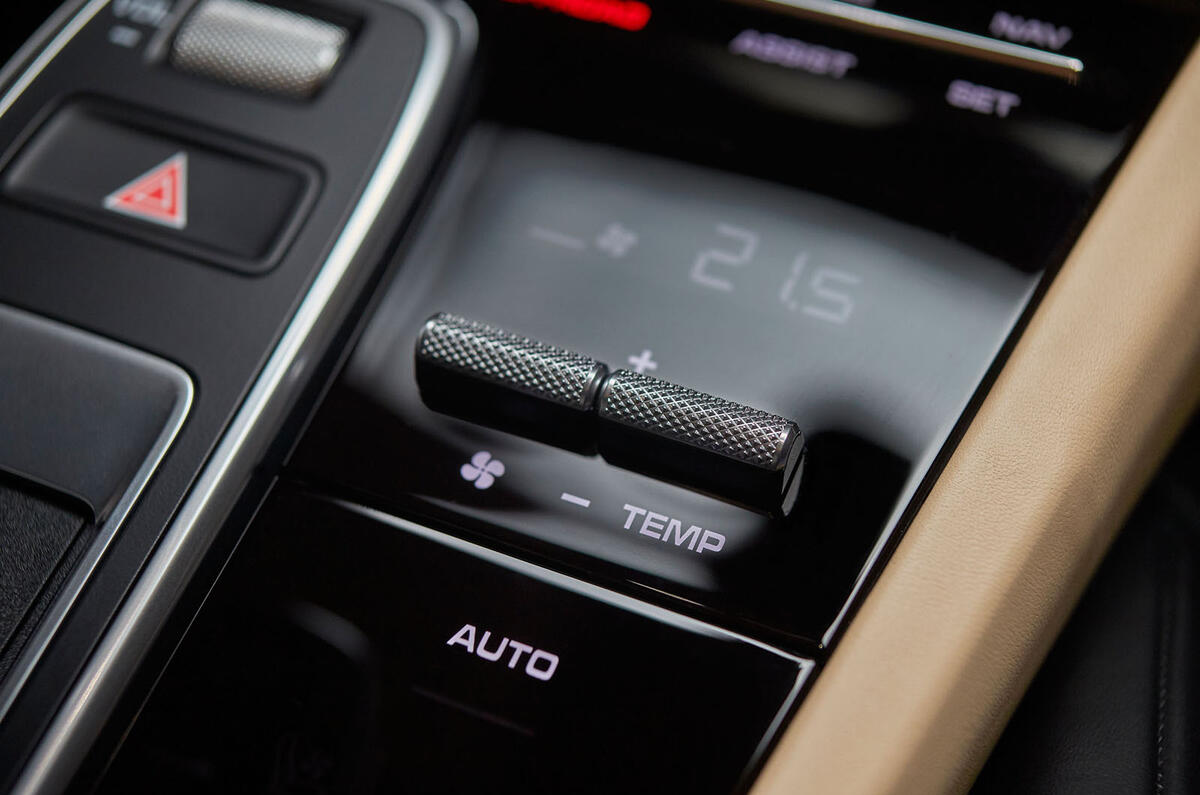
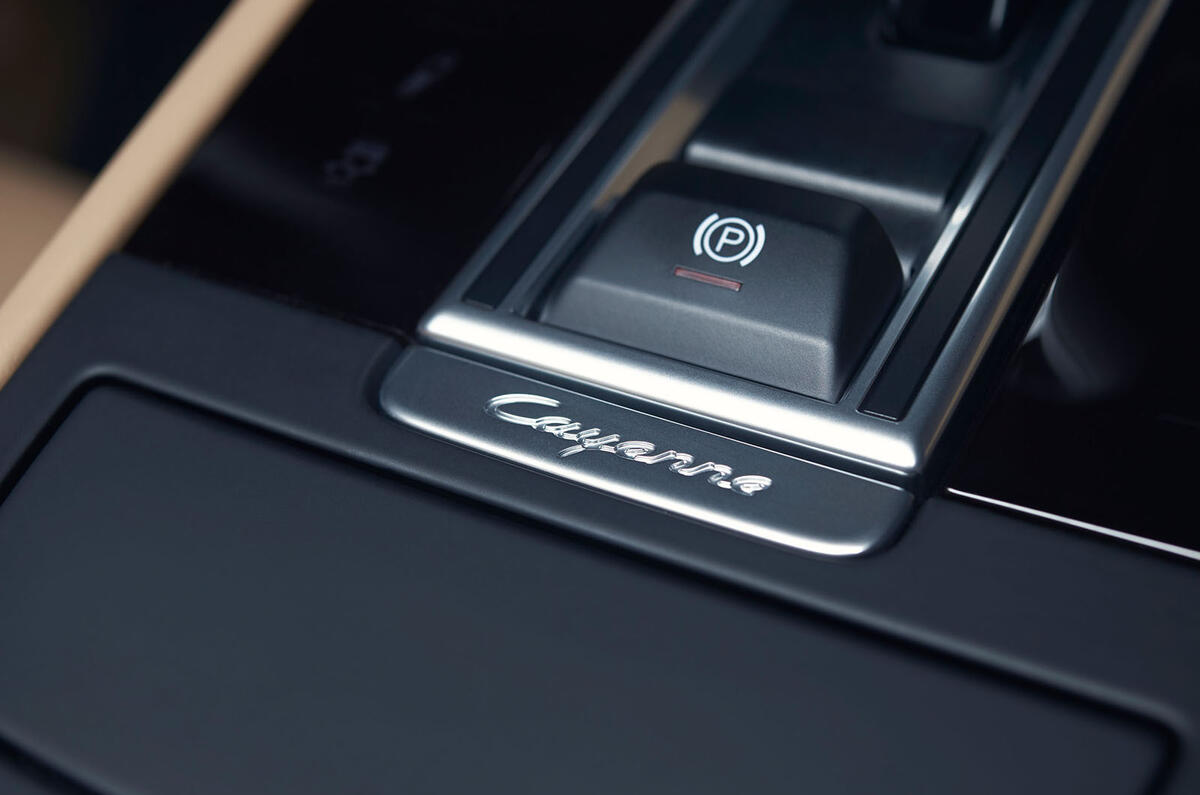
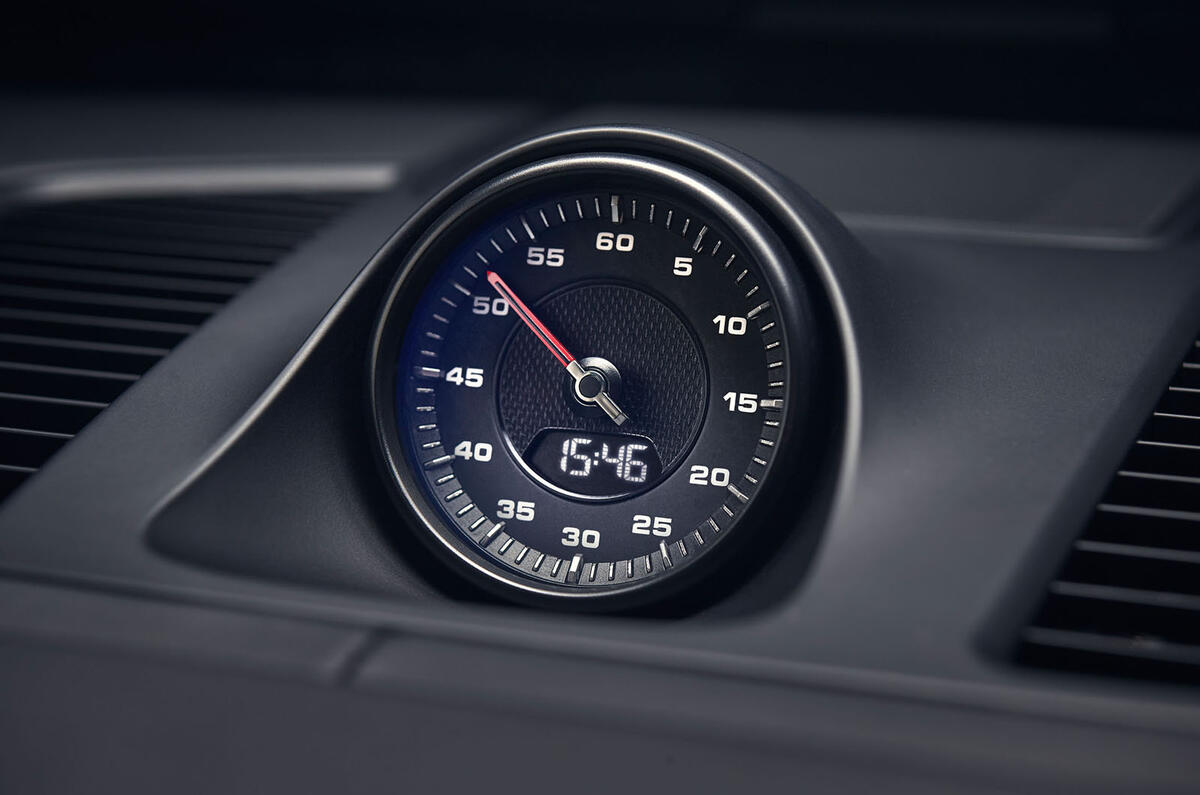
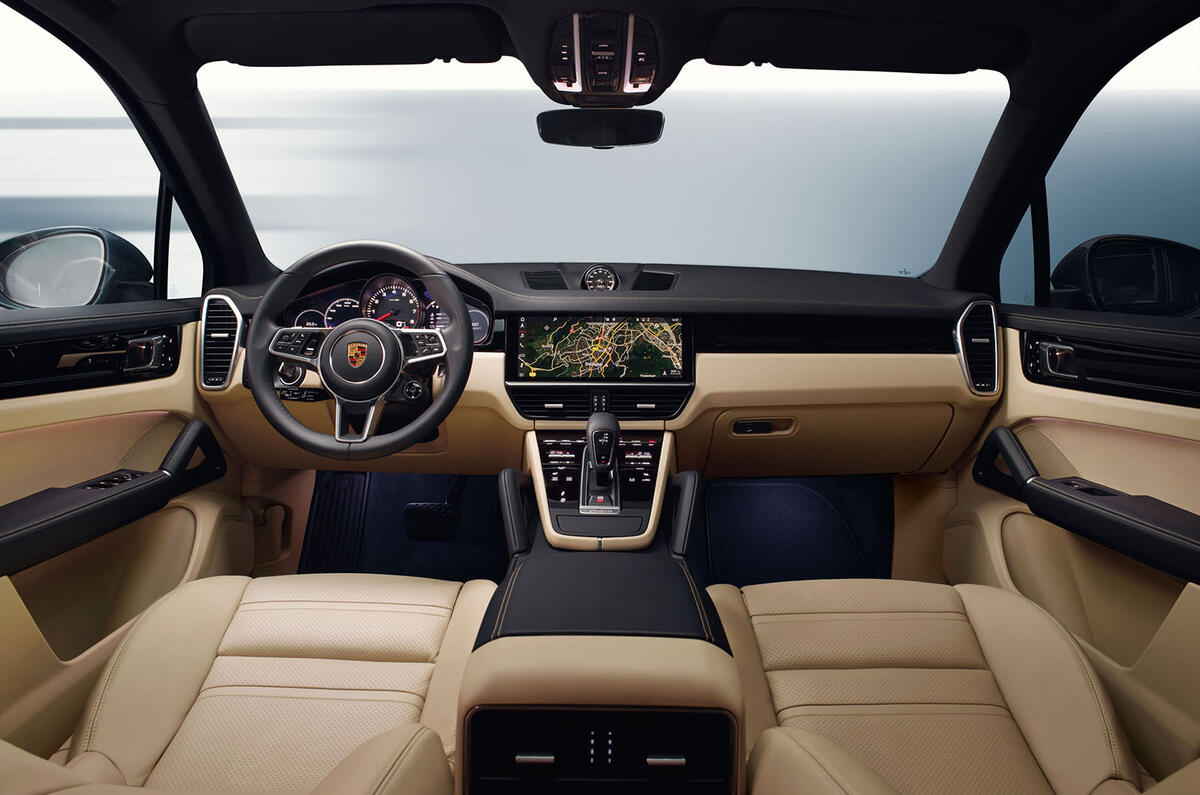
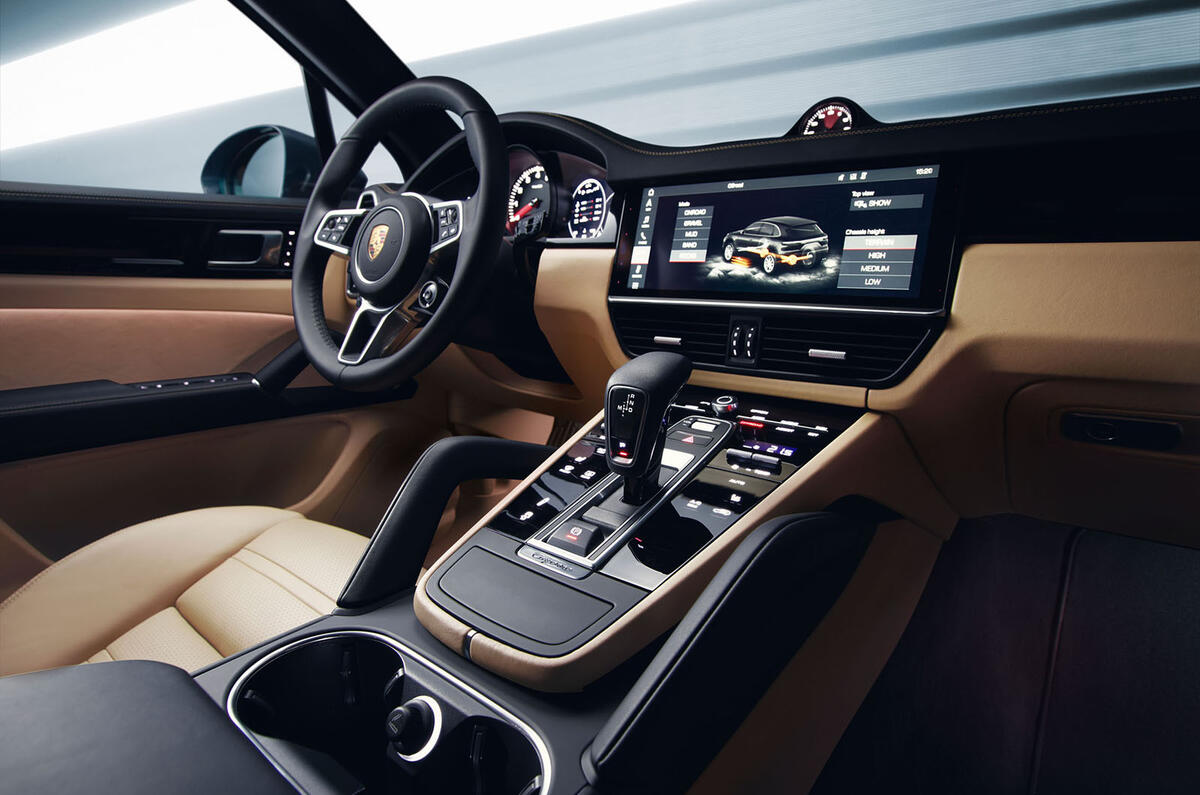
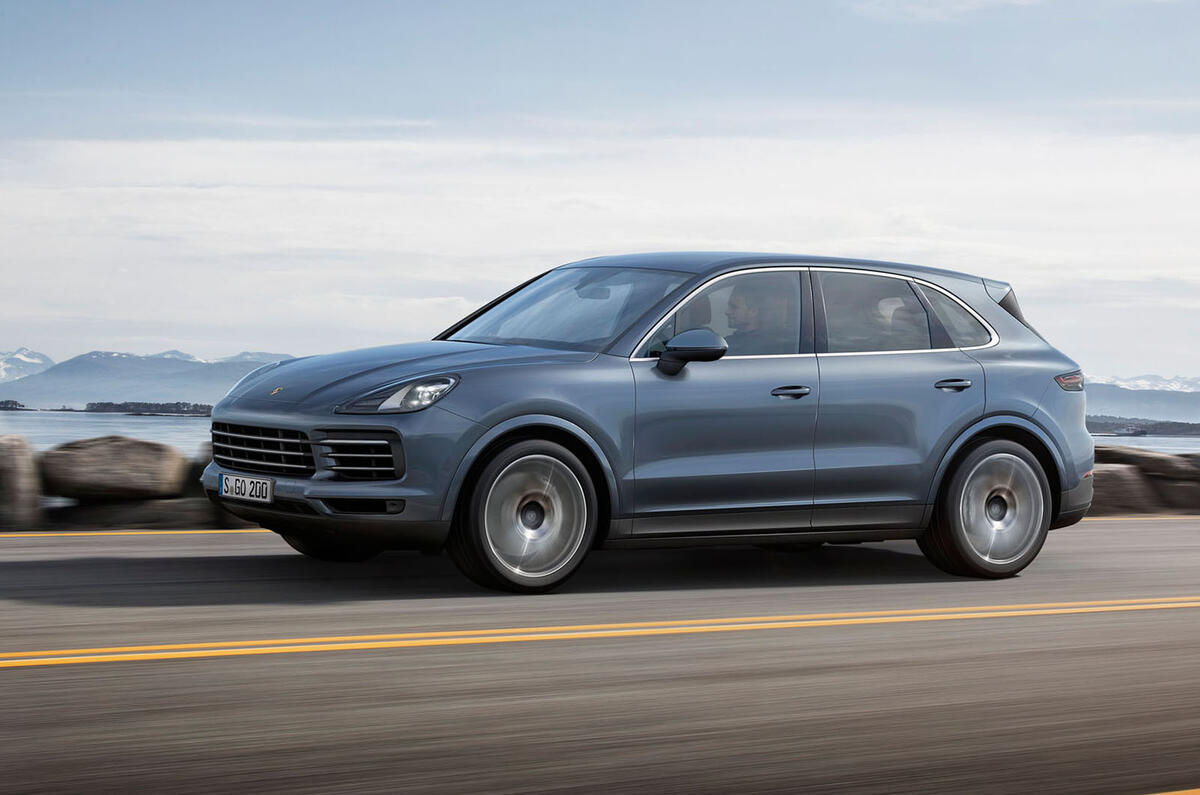
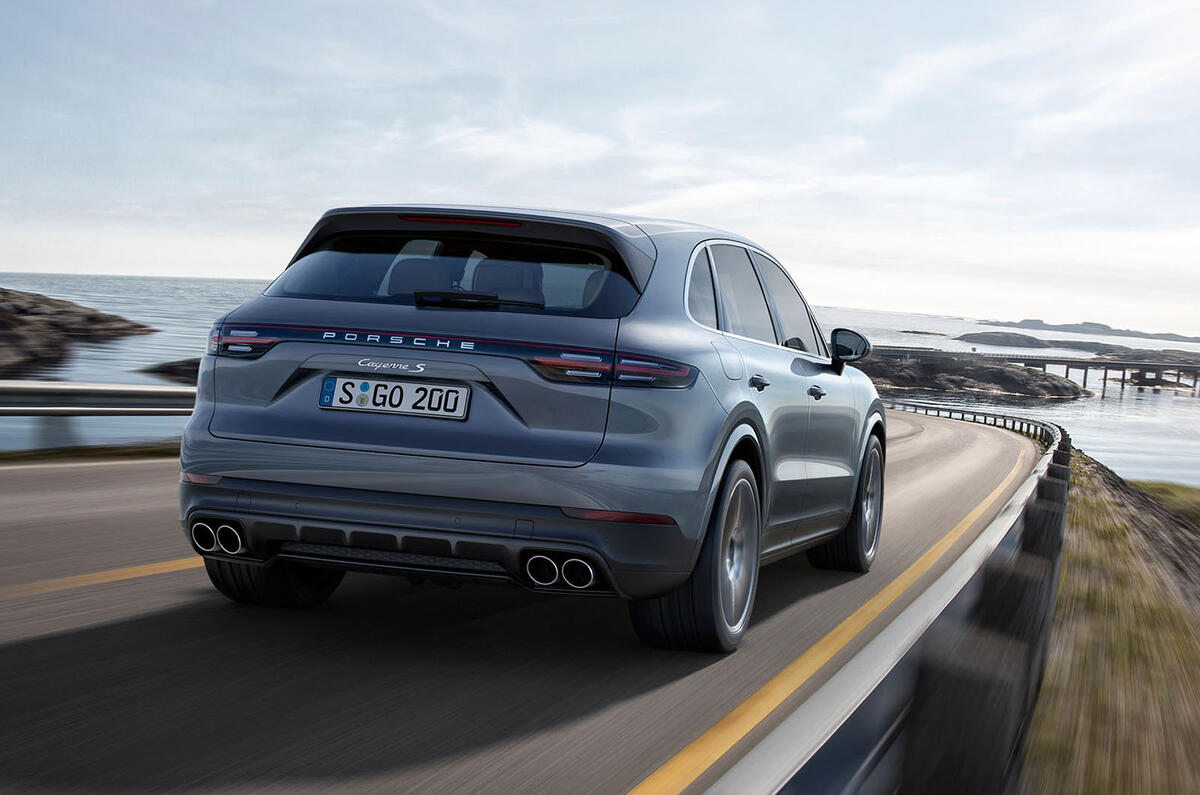
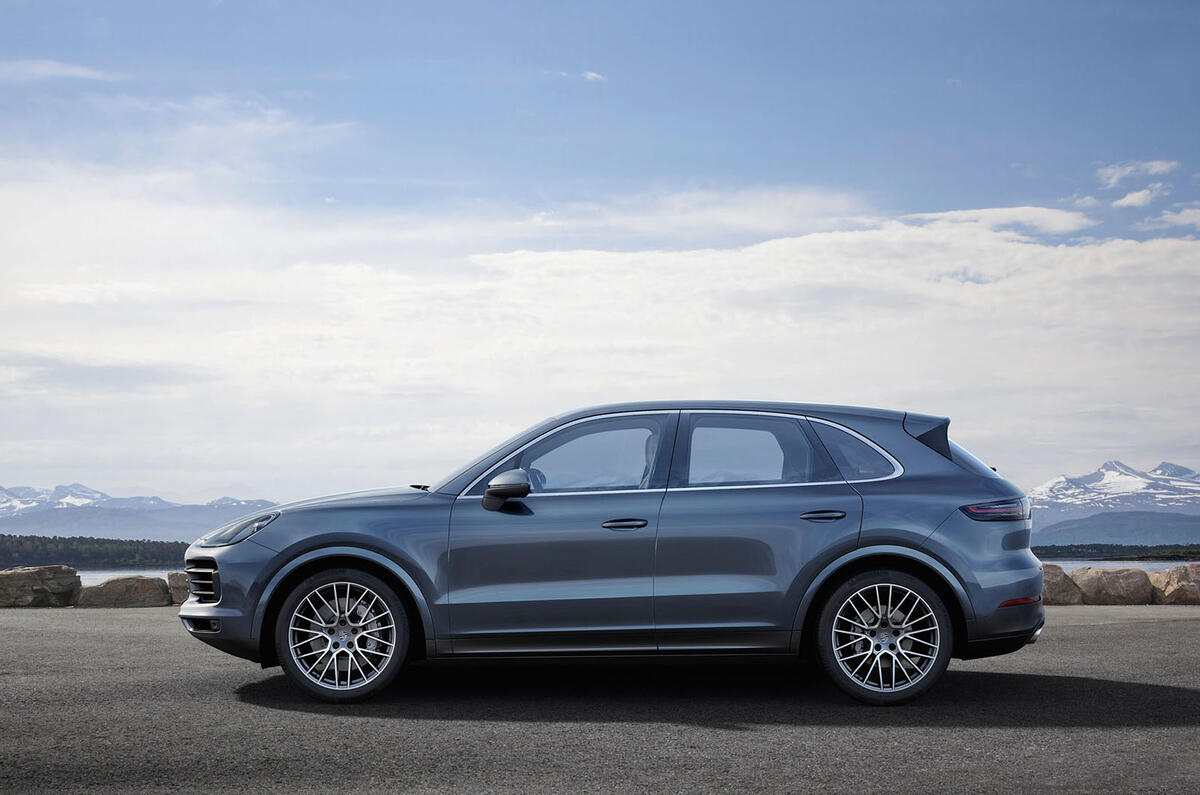
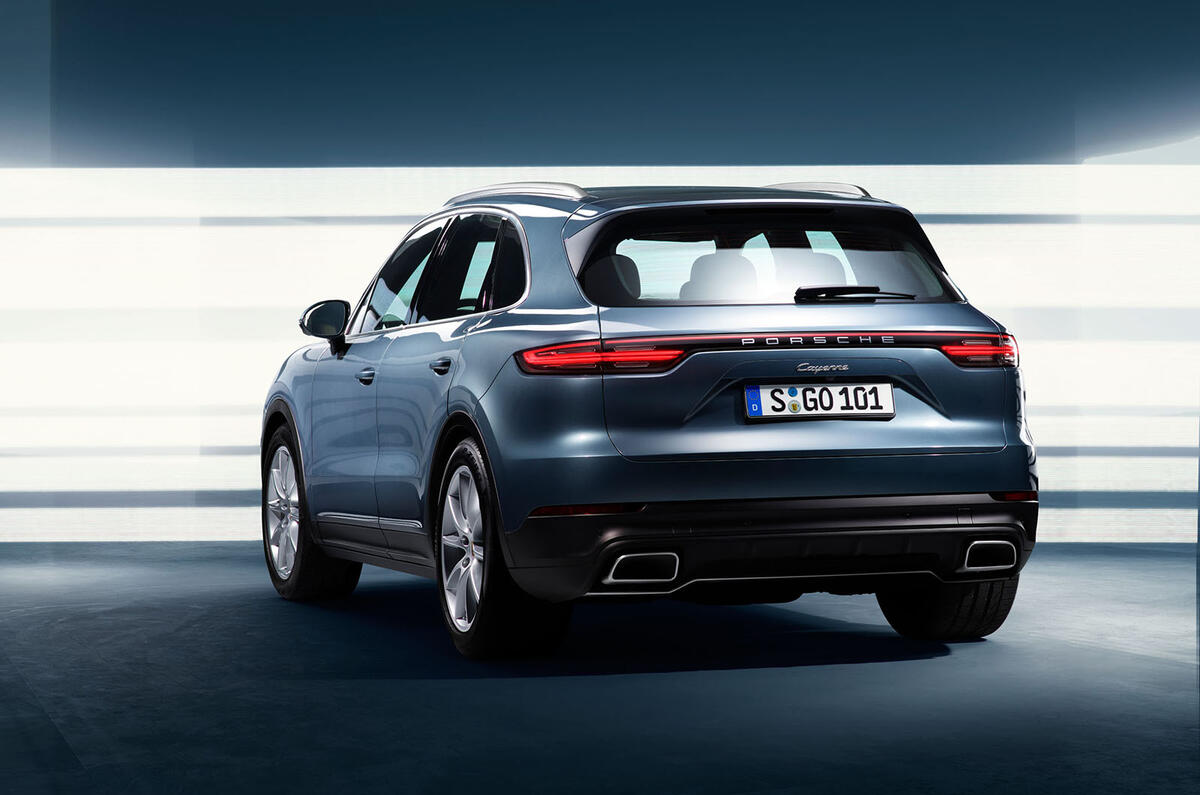
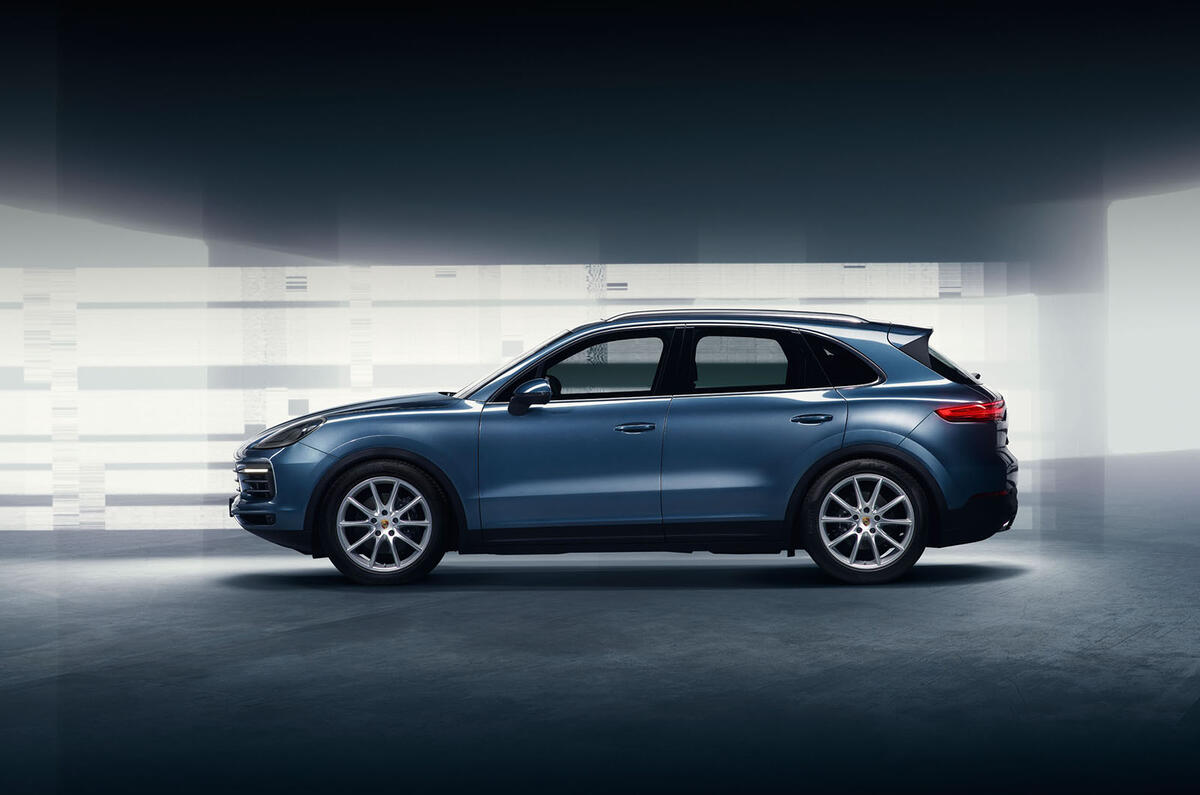
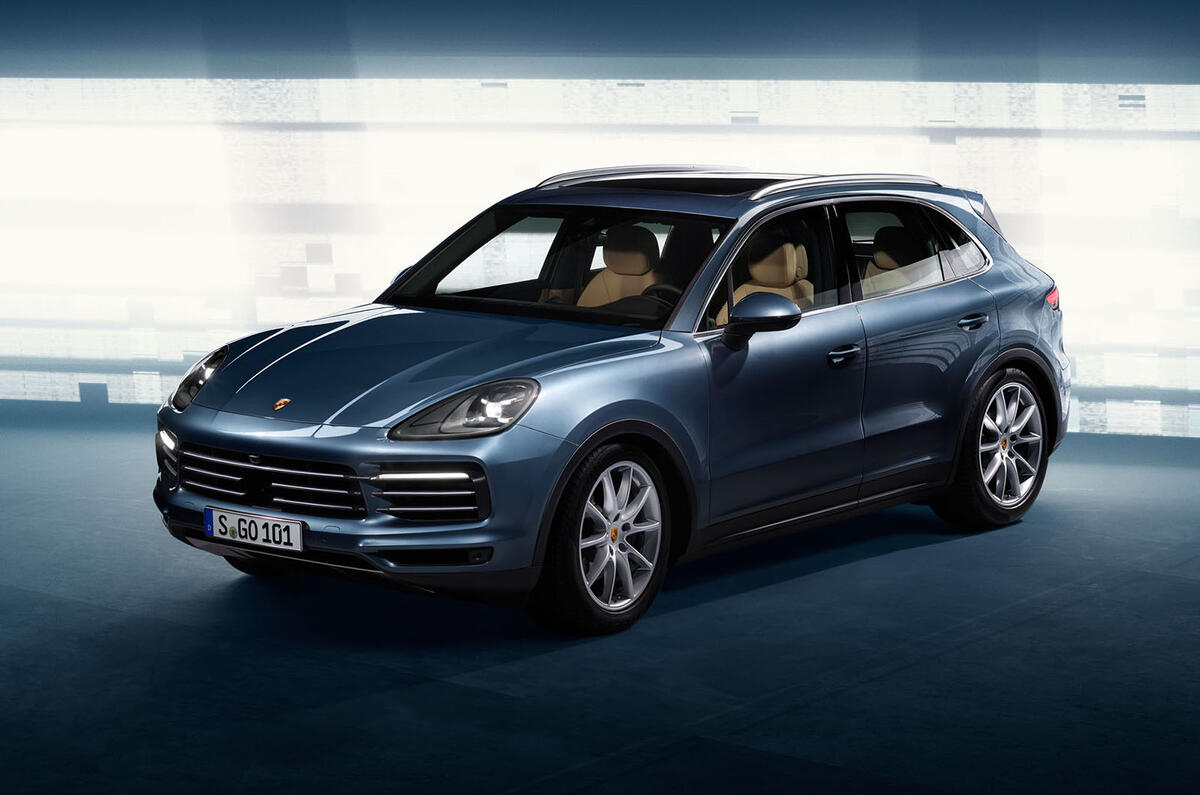
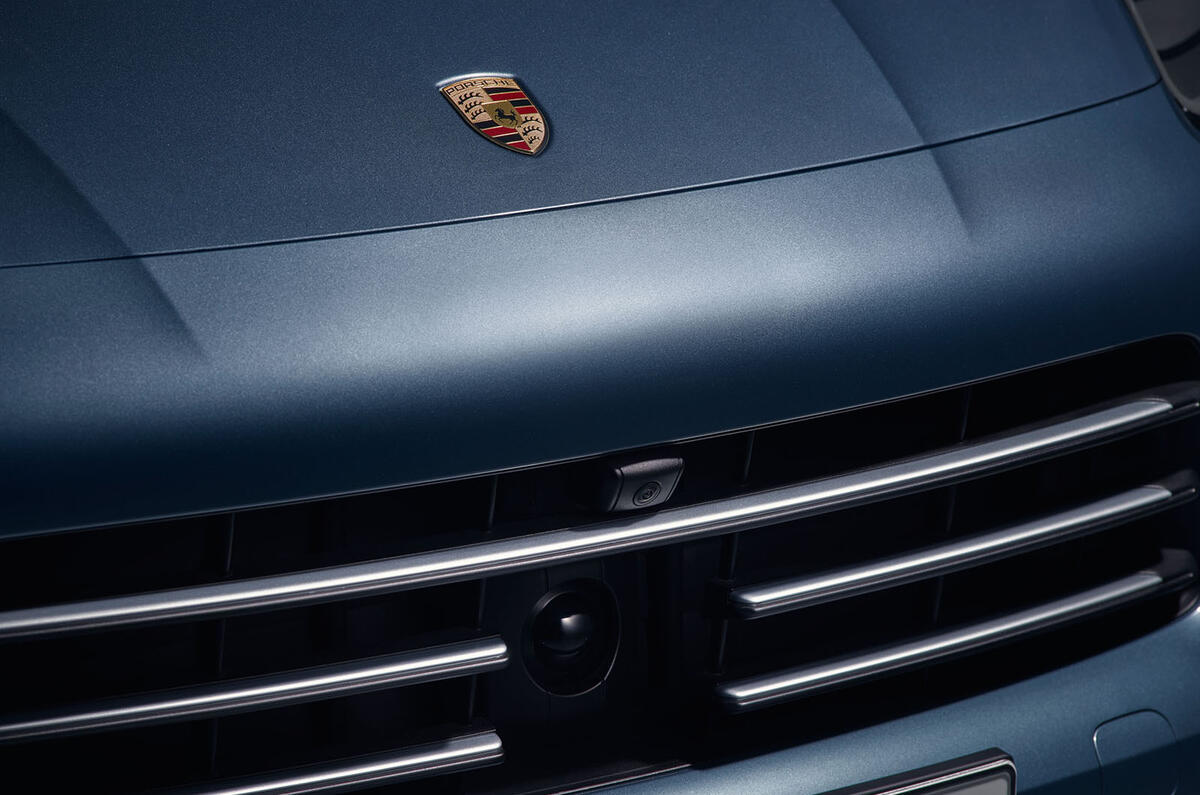
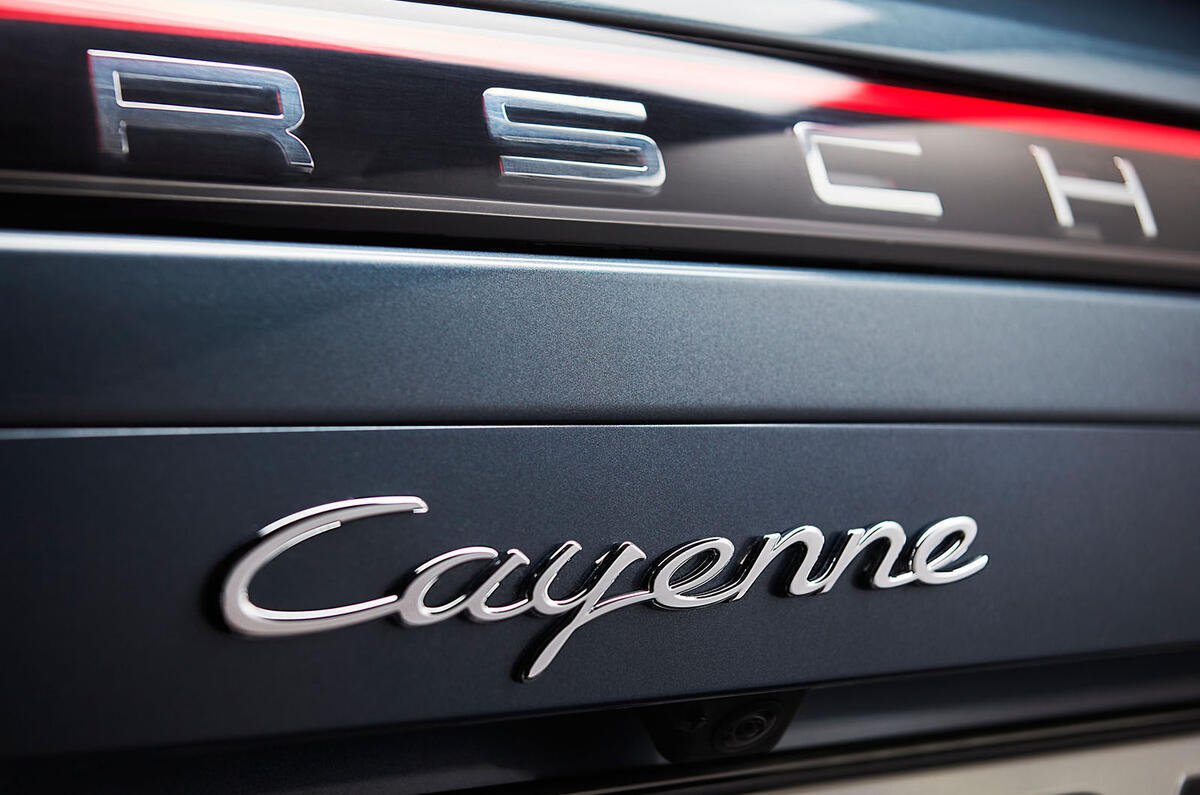
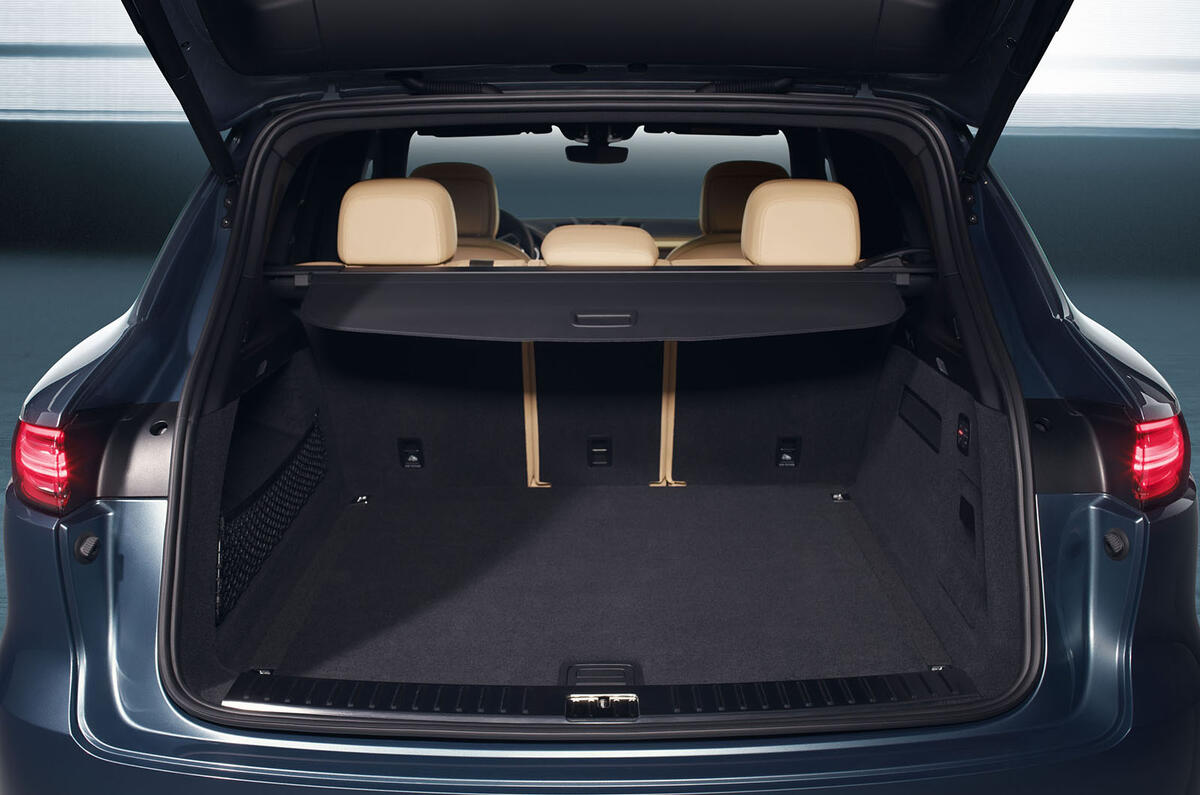
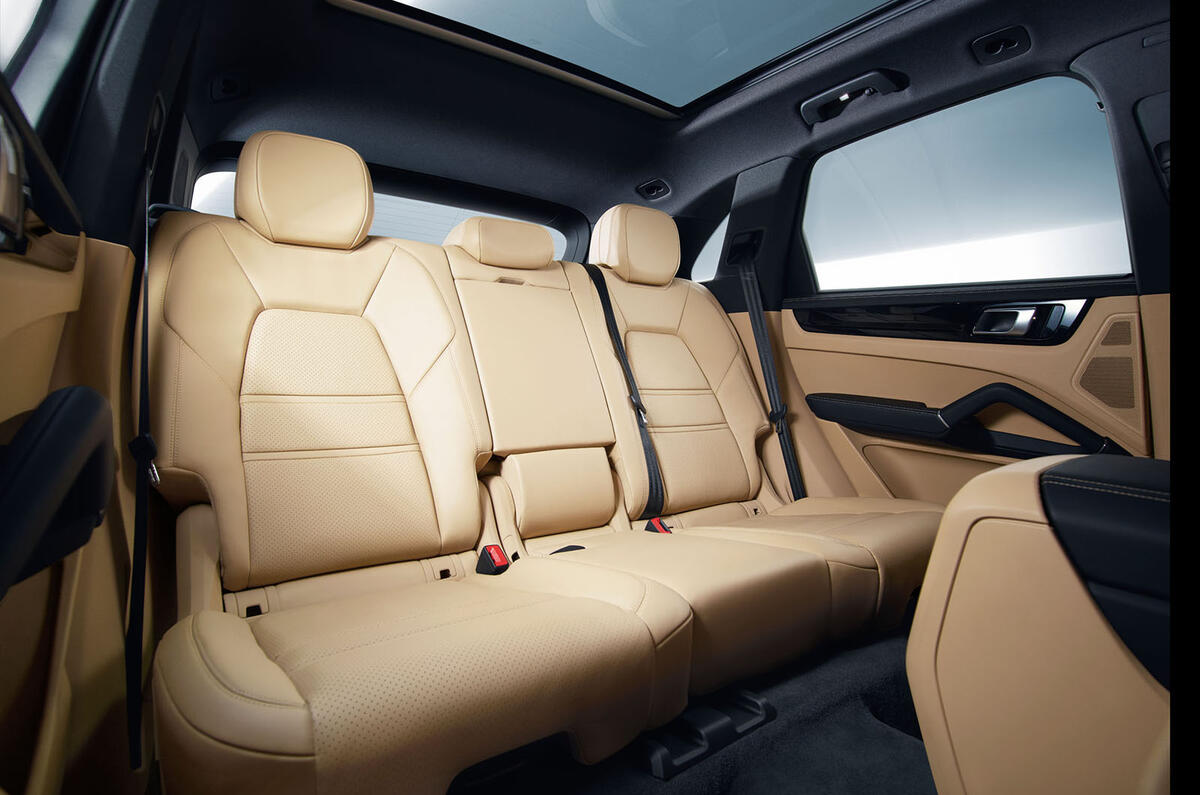
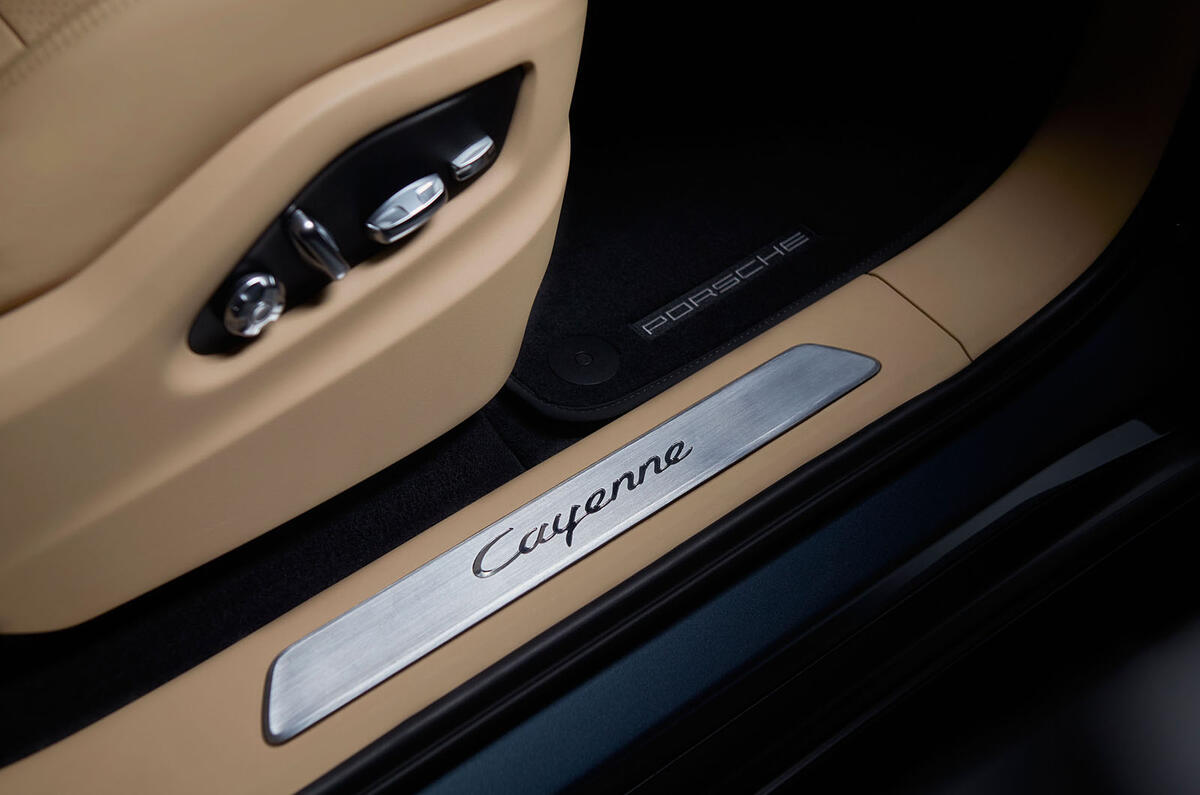
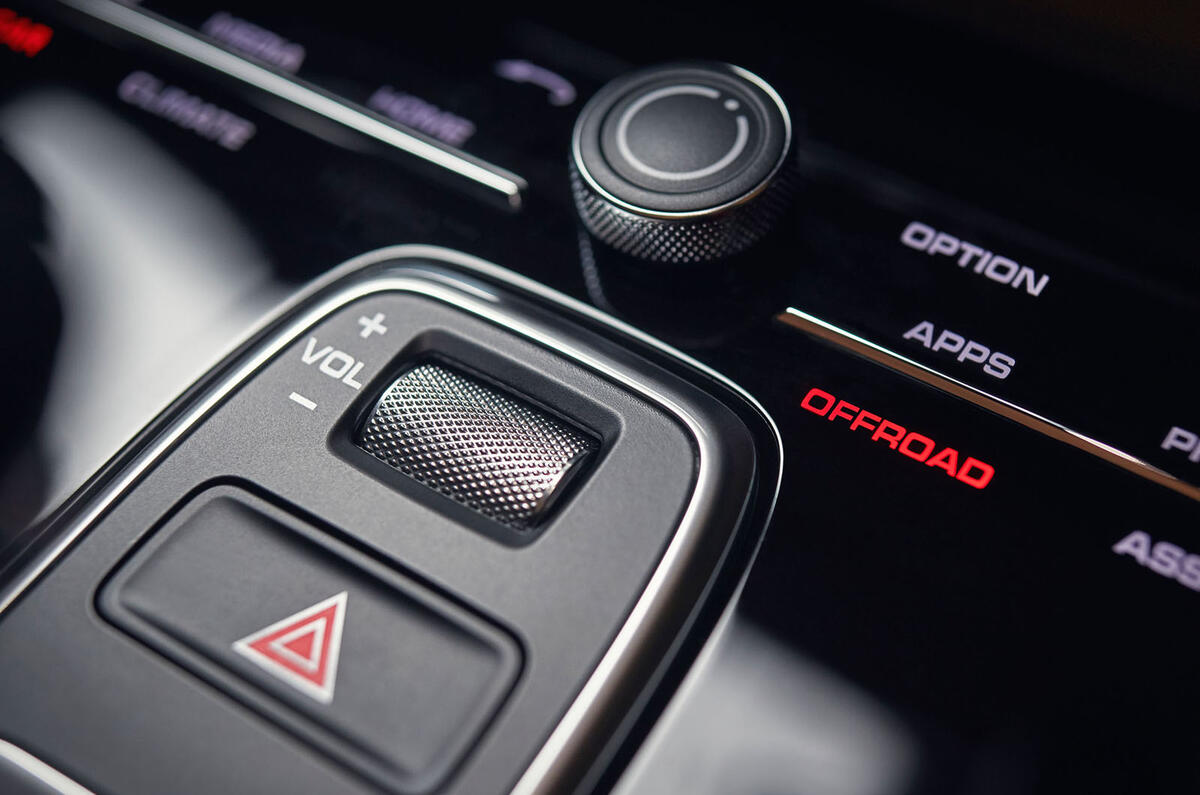
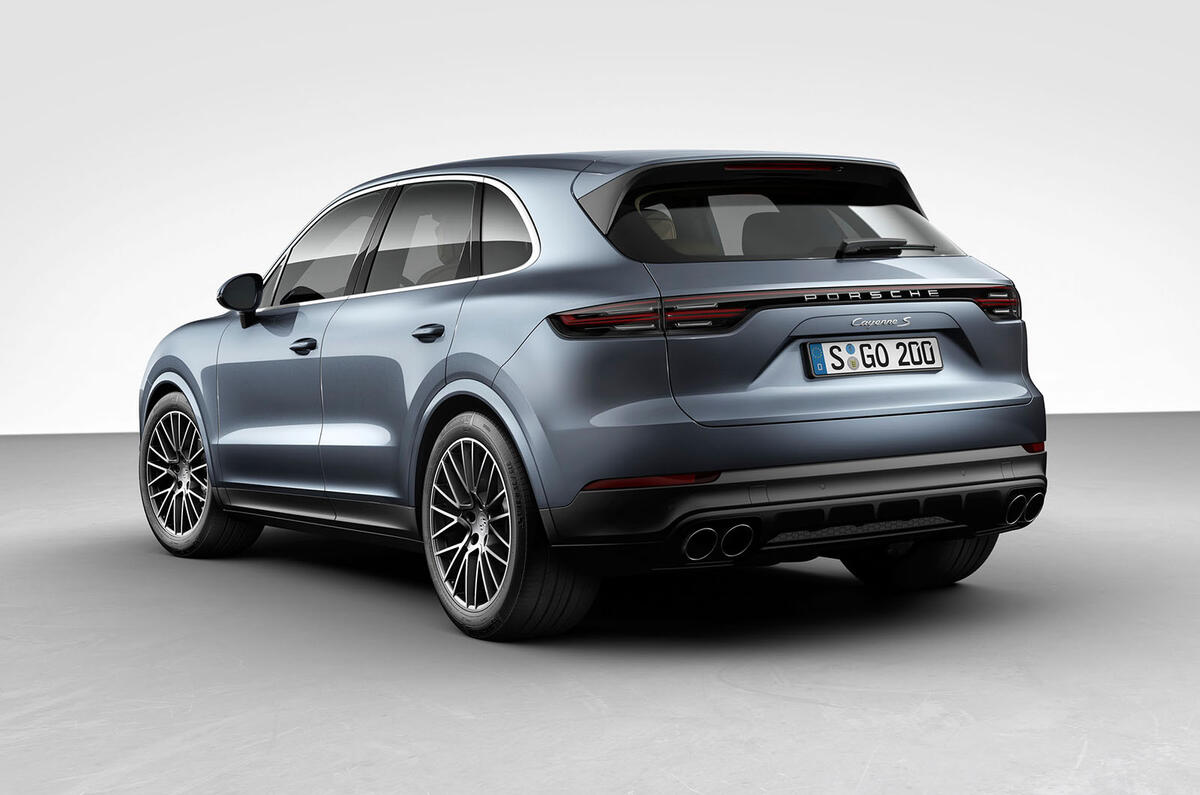
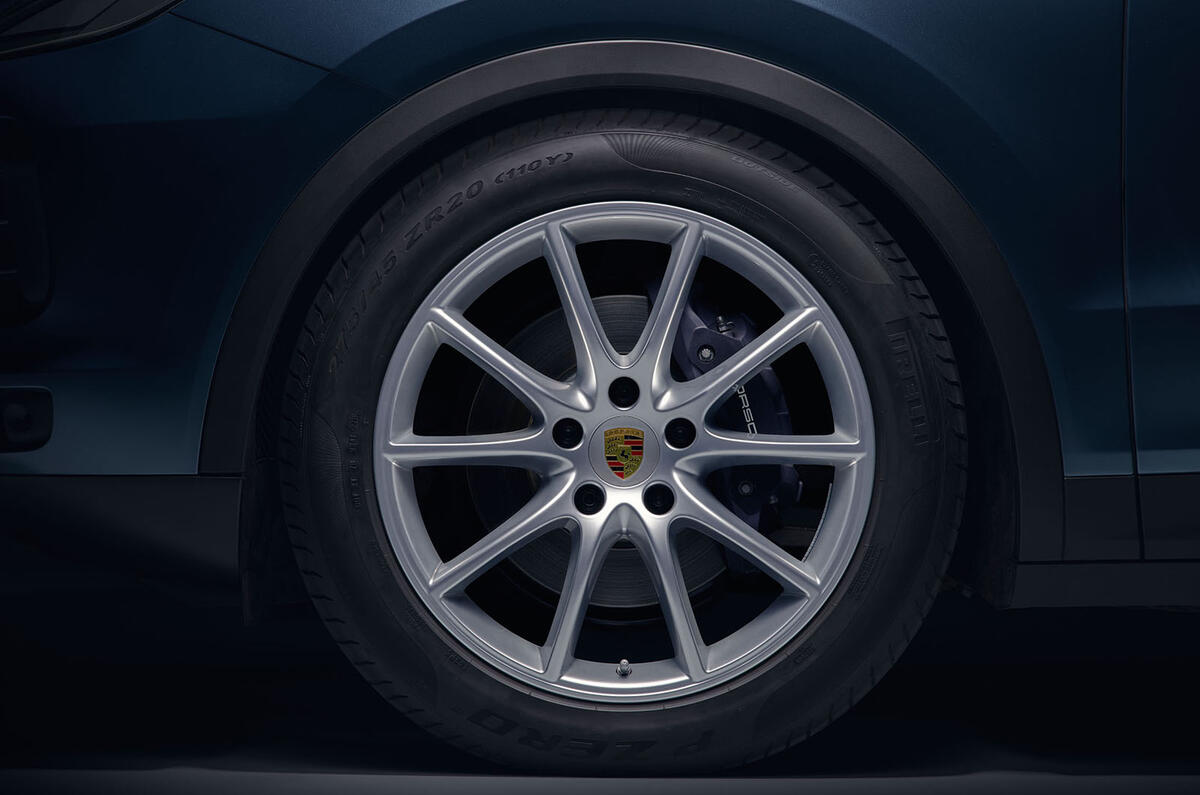
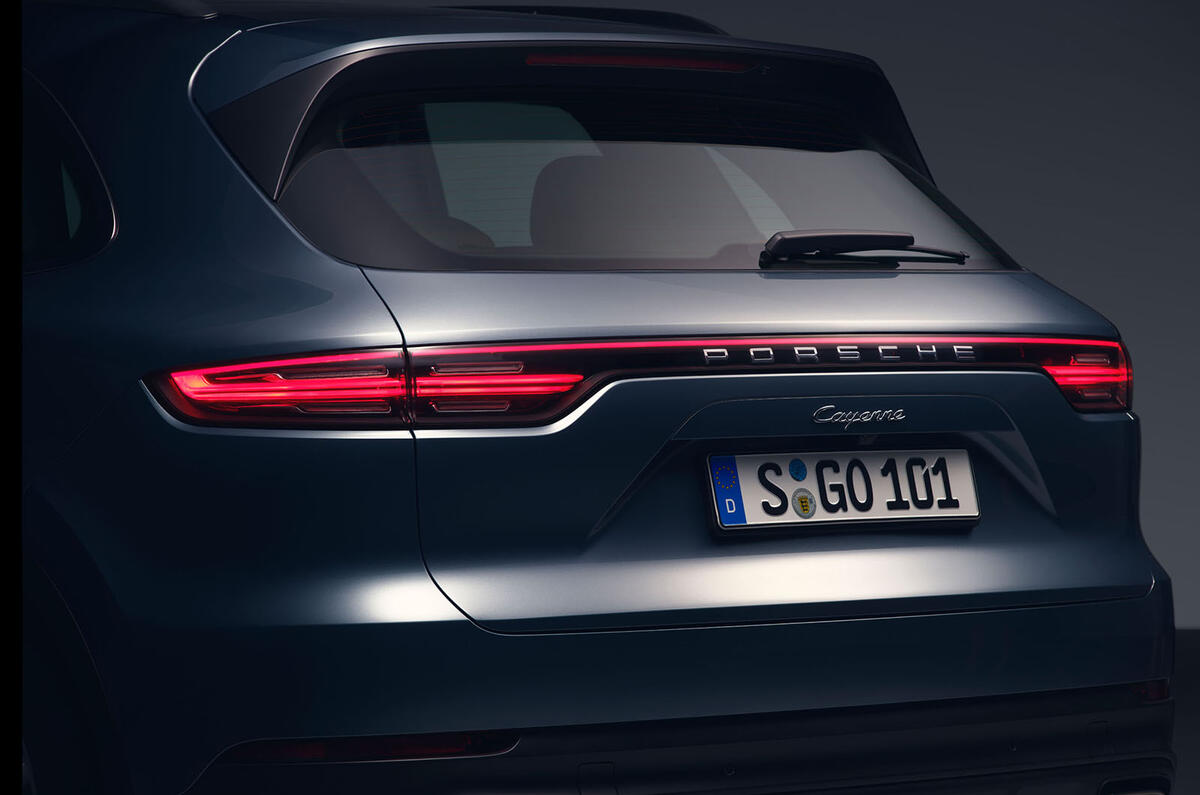
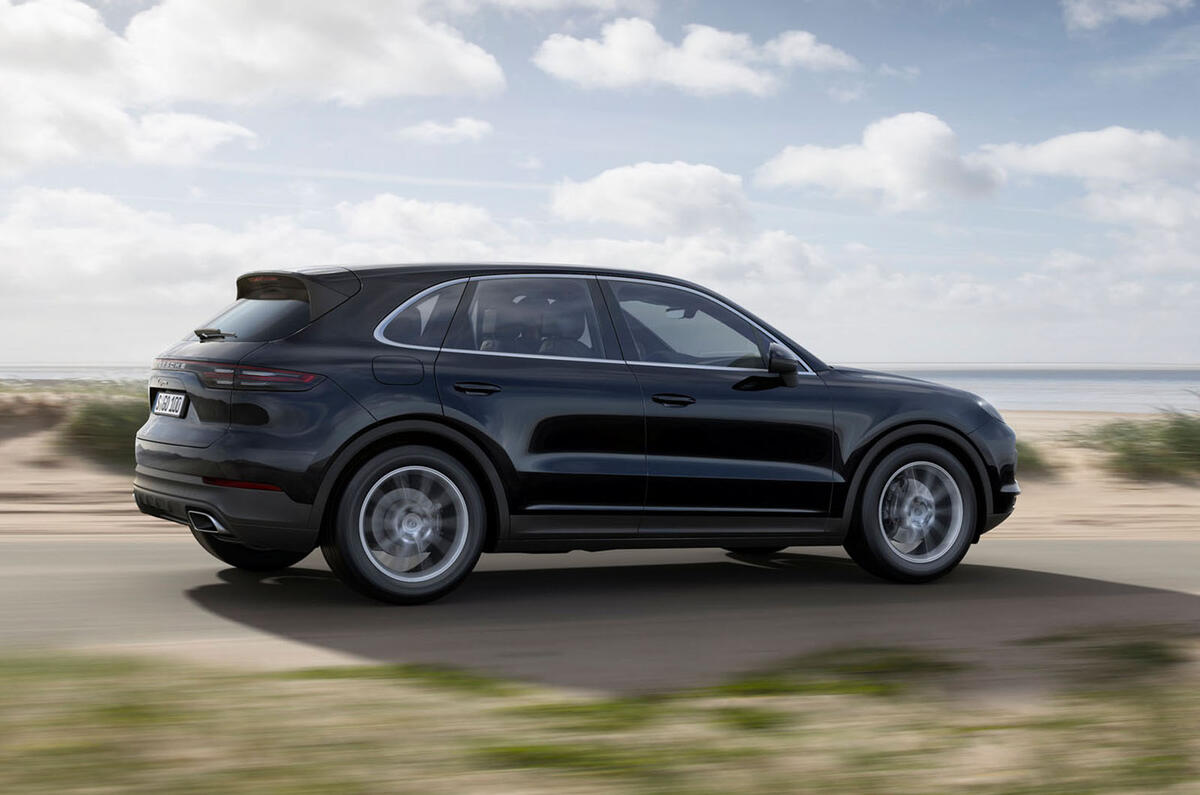
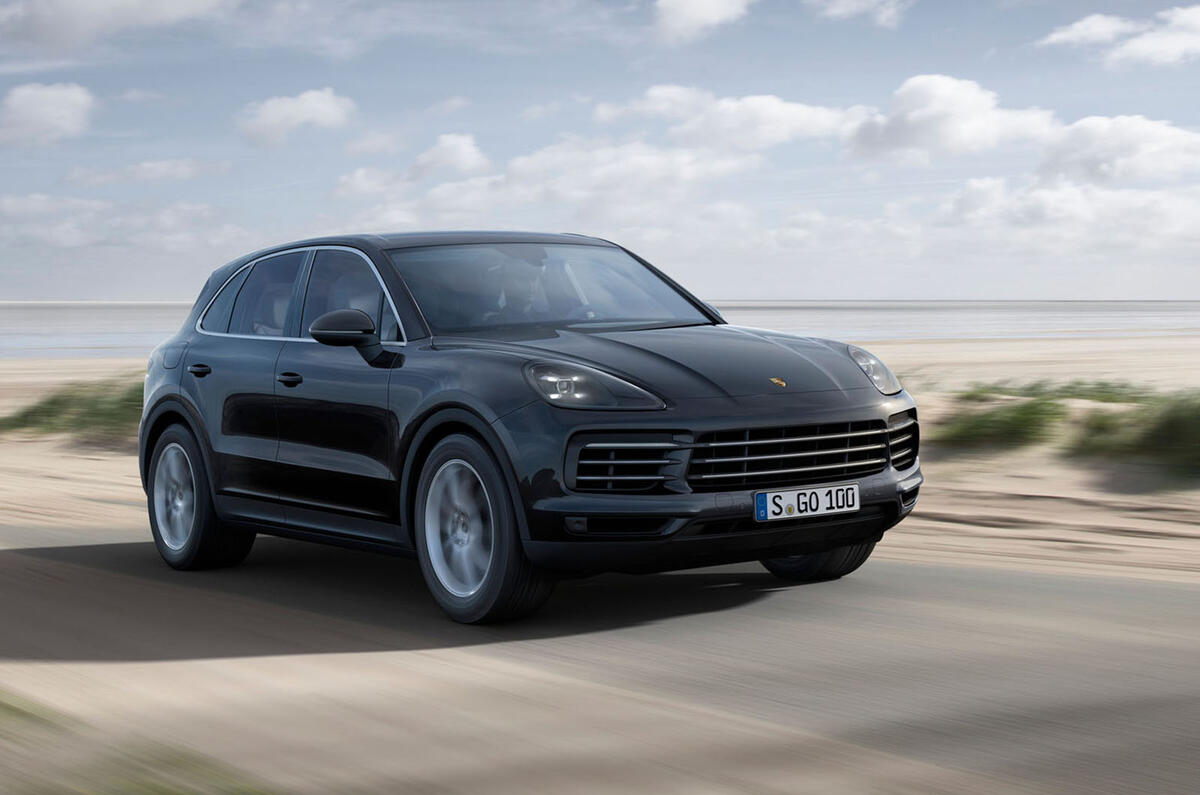
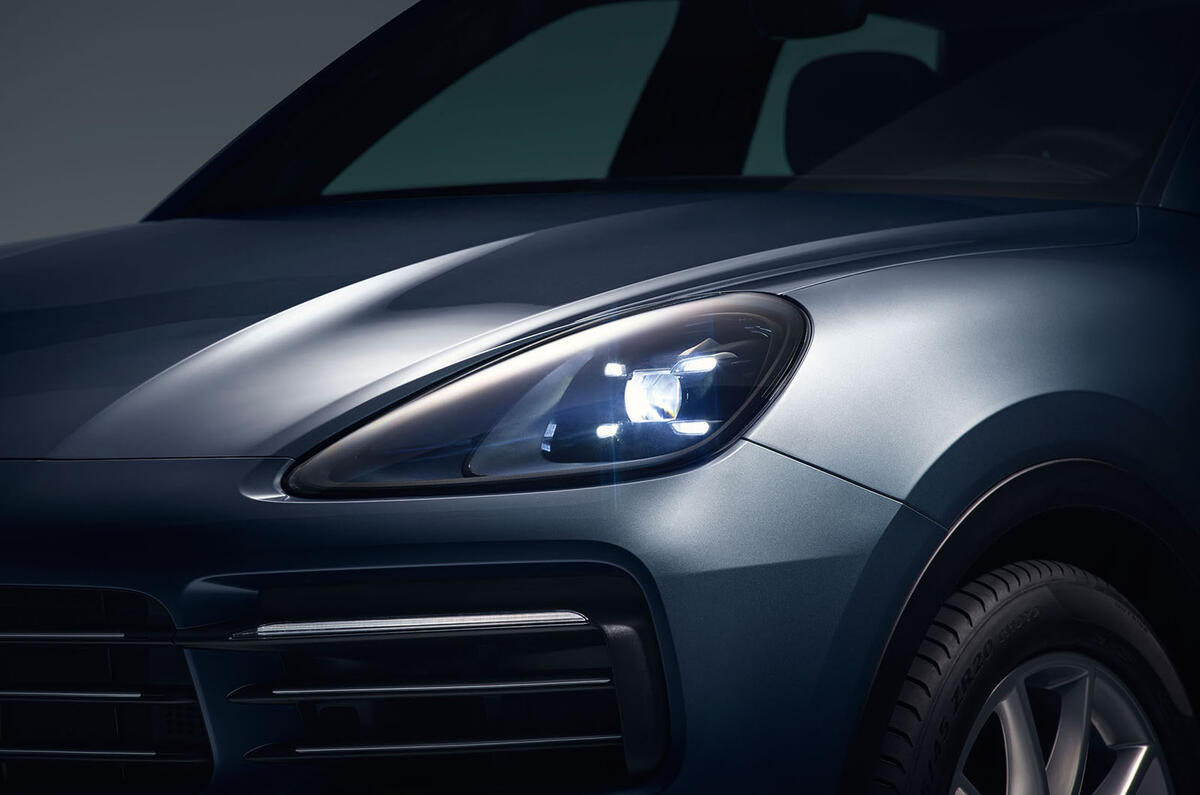
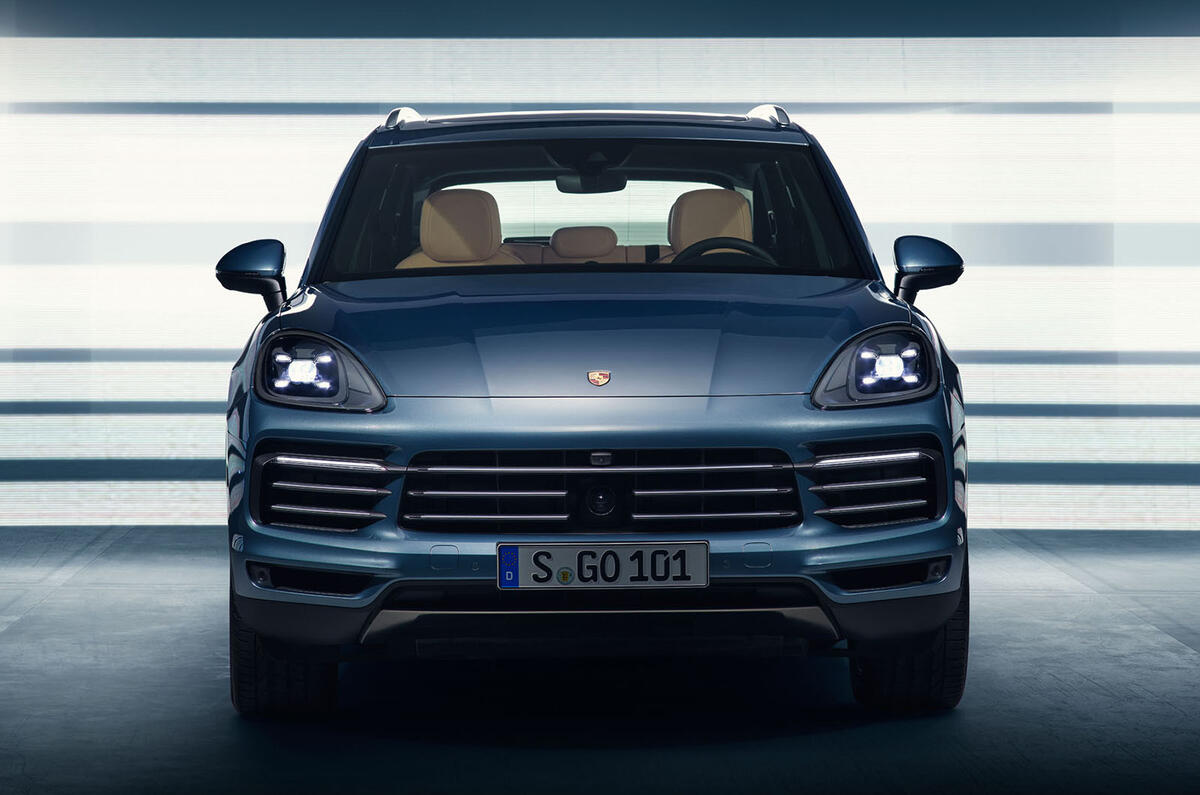
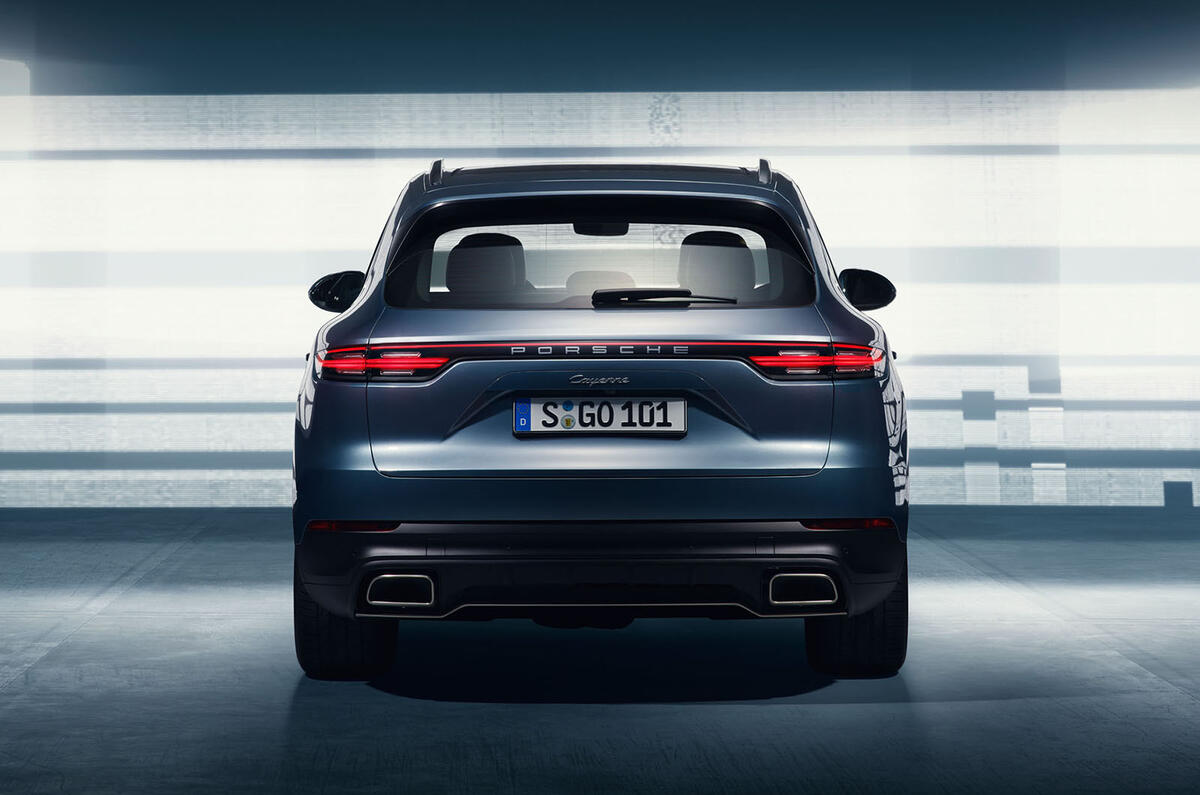
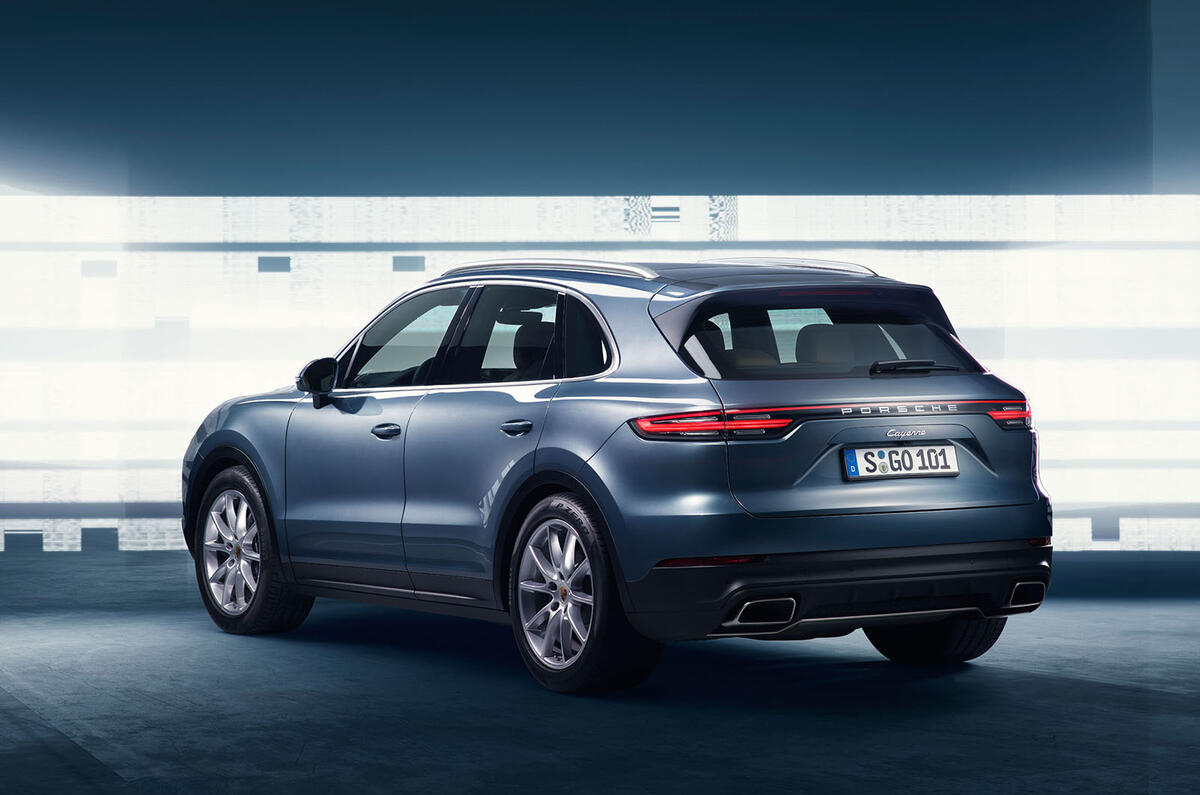
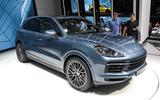
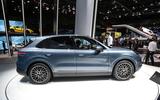
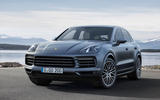

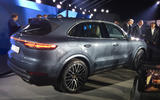
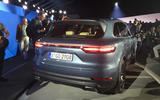
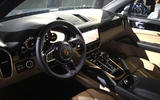

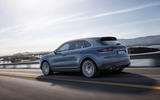
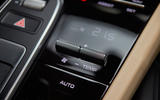
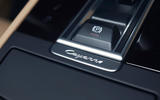
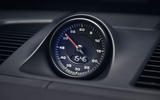
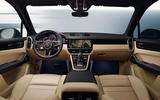

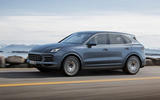
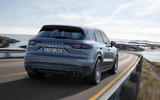
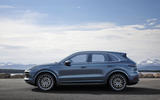
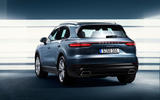
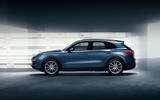

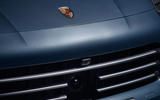
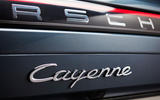
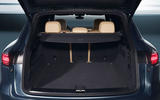
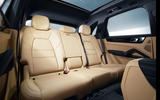
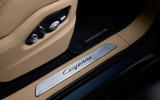
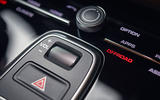
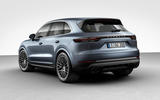
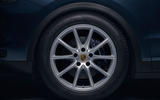
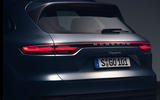
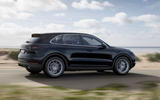
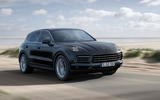
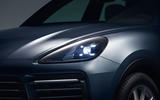
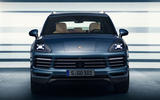
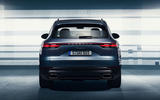
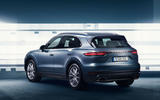

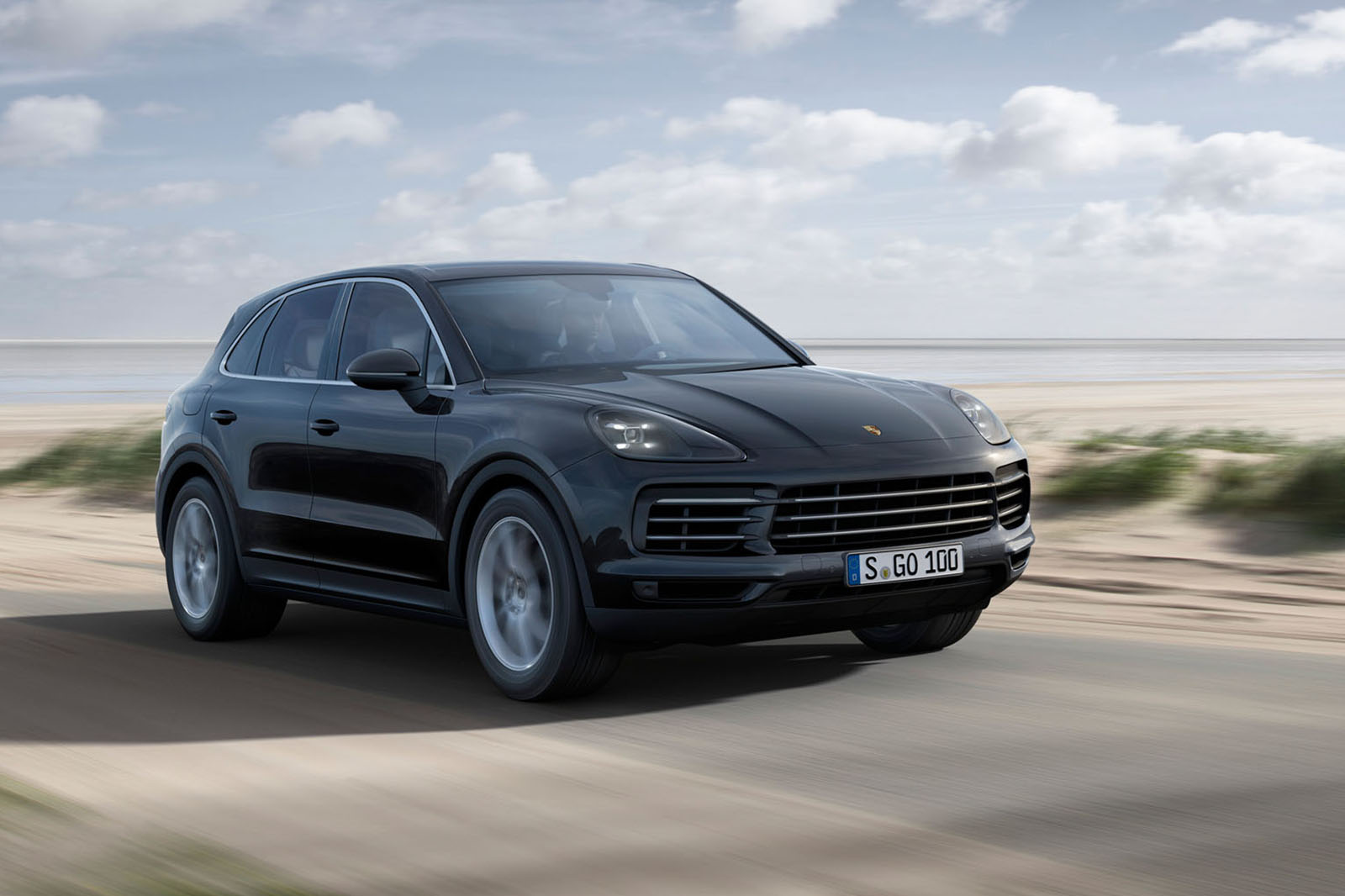
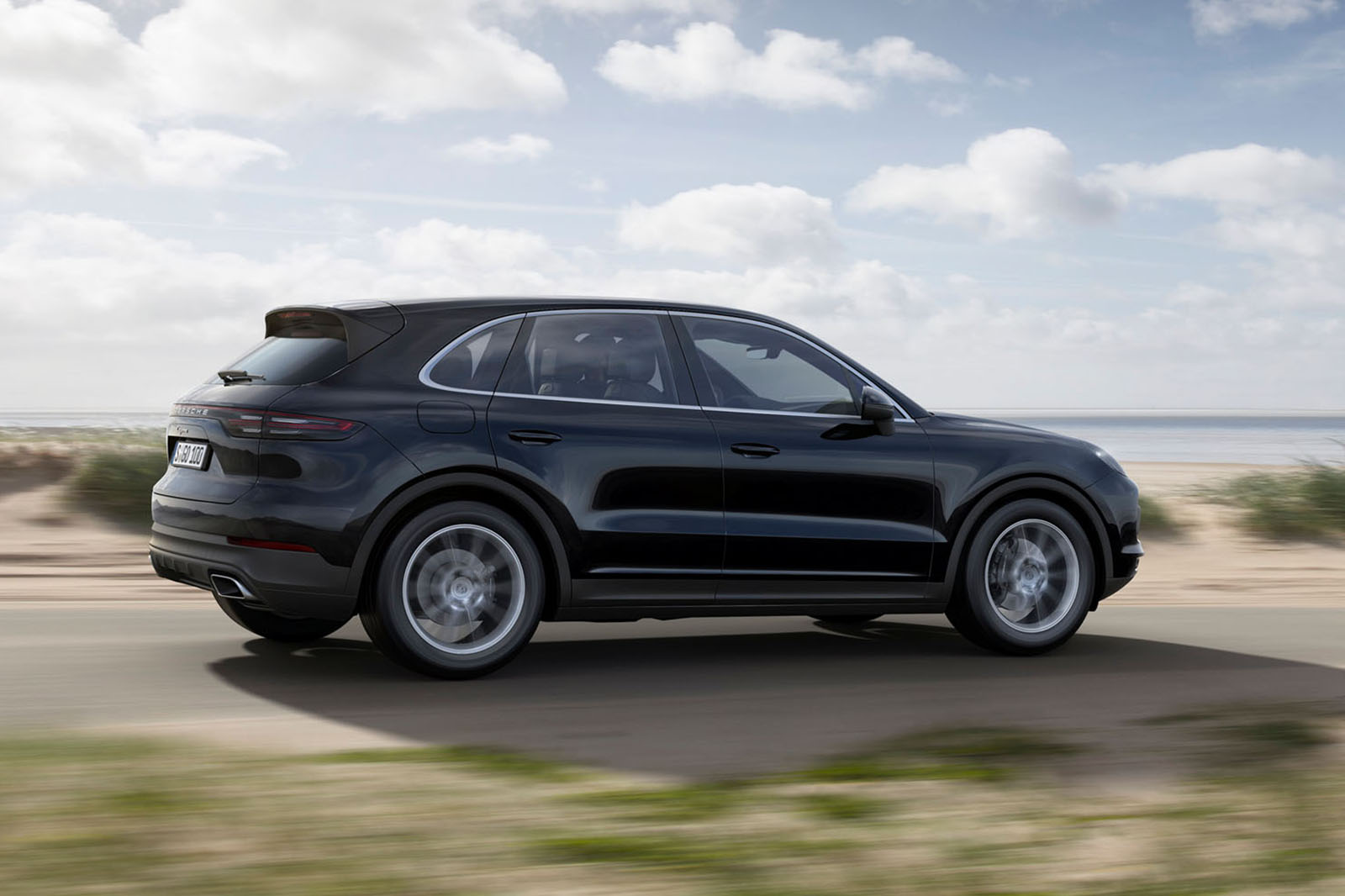

Join the debate
Add your comment
disappointed
As a current Cayenne Turbo owner I'm dissapointed with this. Yes the rear is a little neater, but overall I can't see anything in the exterior design that stimulates me into thinking I should change for the new model. The new interior is nice, but for me isnt going to generate desire or see this as a great upgrade.
The 911 can afford to change little between generations as it's considered a classic design, the Cayenne isnt, there's not years of heritage to upset.
Just seems nowadays that manufacturers are pouring all of the development money into electric drivetrains and autonomous cars and that seems to be showing in the lack of creativity in design.
Looks like a wait for the Mission E to bring some innovation back into the styling dept.
looks wise
its an improvement, rear and interior are ok, not sure about the front. For me this car is actually rather unappealing. Its not especially any more practical than any other SUV, its less able off road than some other SUV, and despite the badge, it aint no sports car either. Come on, if you can afford a Porsche at least have the class to drive a Boxter\Caymen\911.
Screen, still in the wrong position if you value safety
Audi A3, retractable when you don't want it and high up in your eye line when you don't. Not in the footwell like this cheaper option.
Touchscreens are to difficult to use on the move, just as go for Edinburgh you end up in Evesham when programming the sat nav. and hitting a bump.
xxxx wrote:
why not do yourself and other road users a favour and program the sat nav whilst stopped?
Reason
'cause I can do both, legally and safely, when and where appropriate.
Some new Peugeots only have heater controls on the touchscreen, should they stop to change the fan speed etc
xxxx wrote:
Their electronics wont work for very long, or very often, so less of an issue
xxxx wrote:
Their electronics wont work for very long, or very often, so less of an issue
xxxx wrote:
Their electronics wont work for very long, or very often, so less of an issue